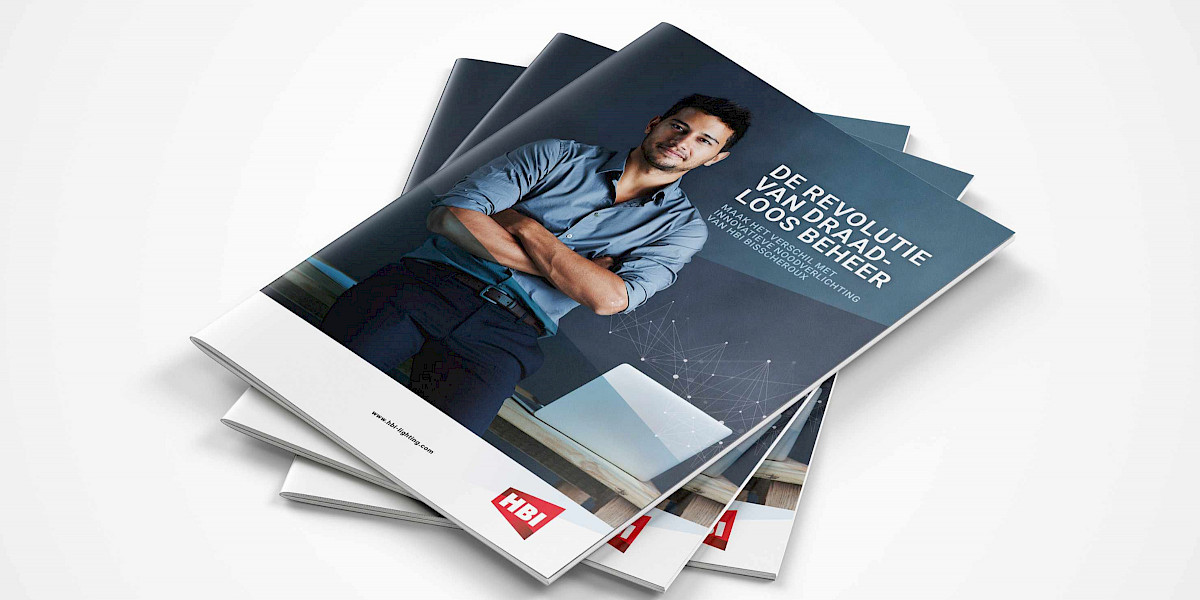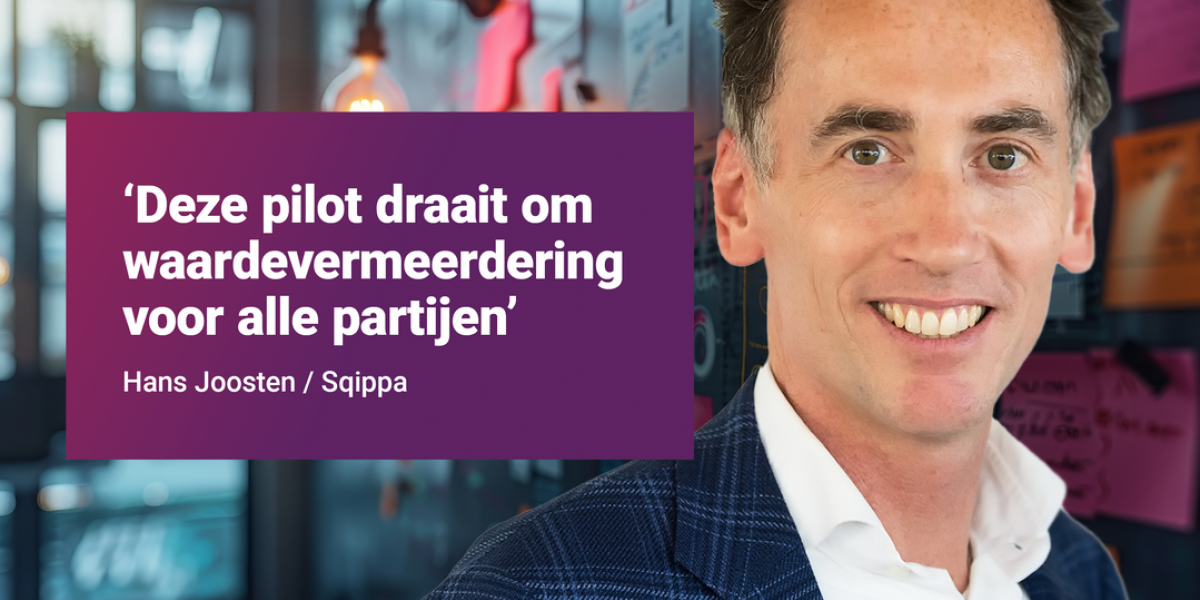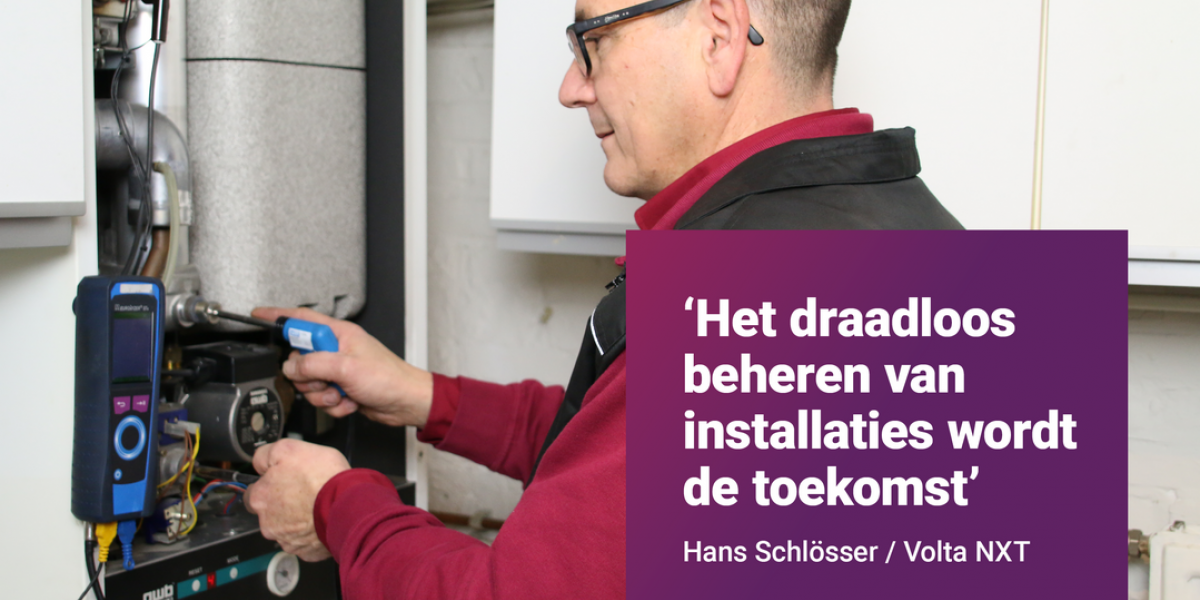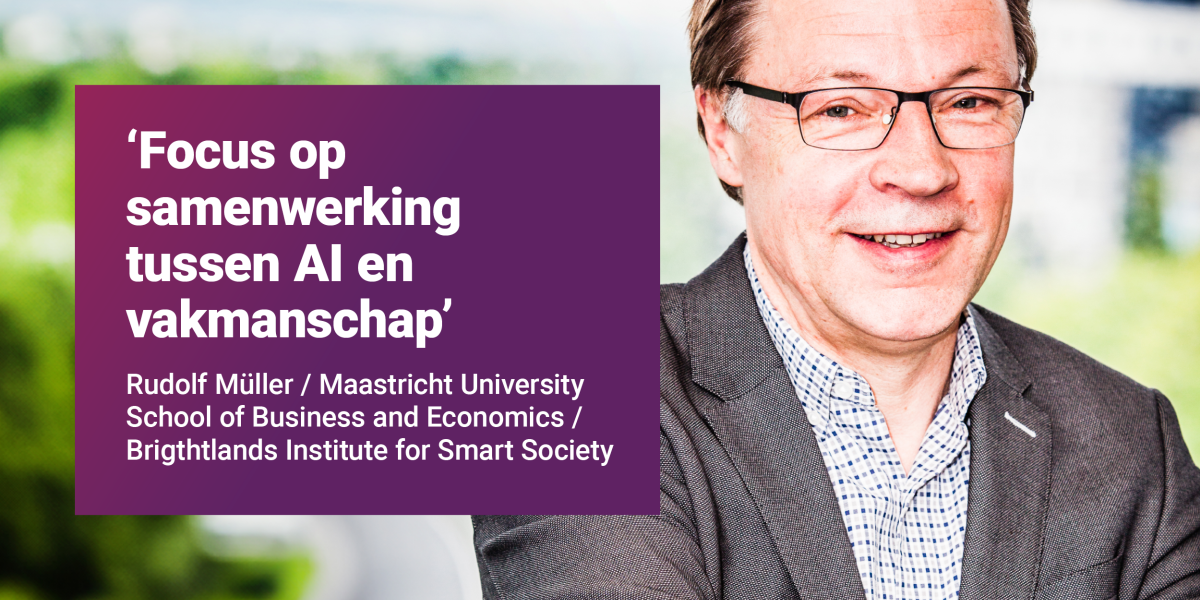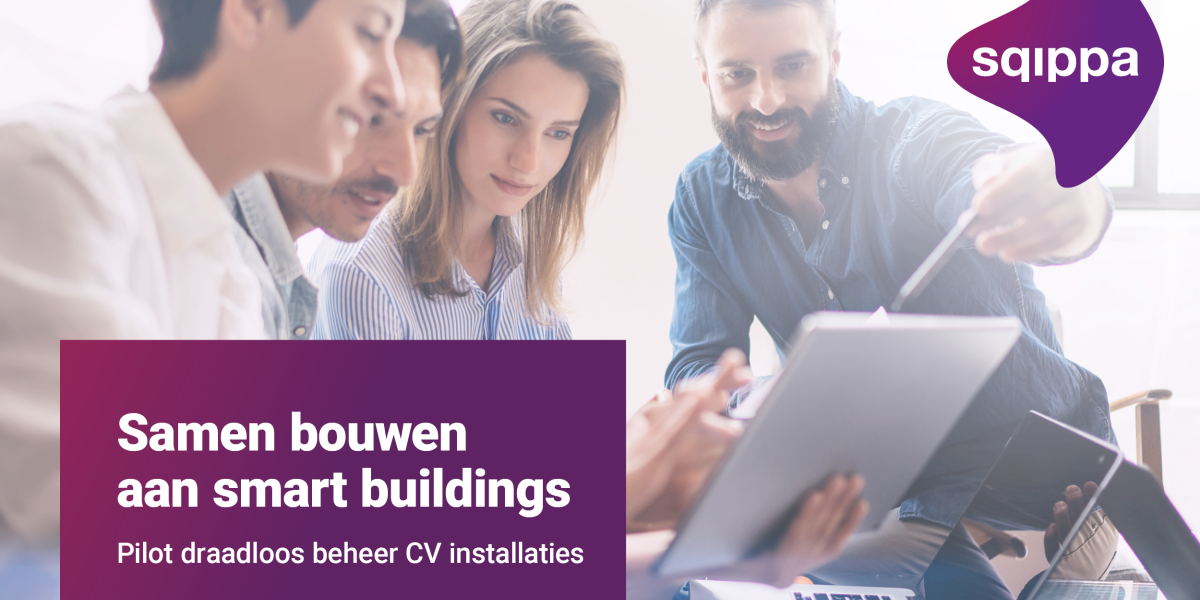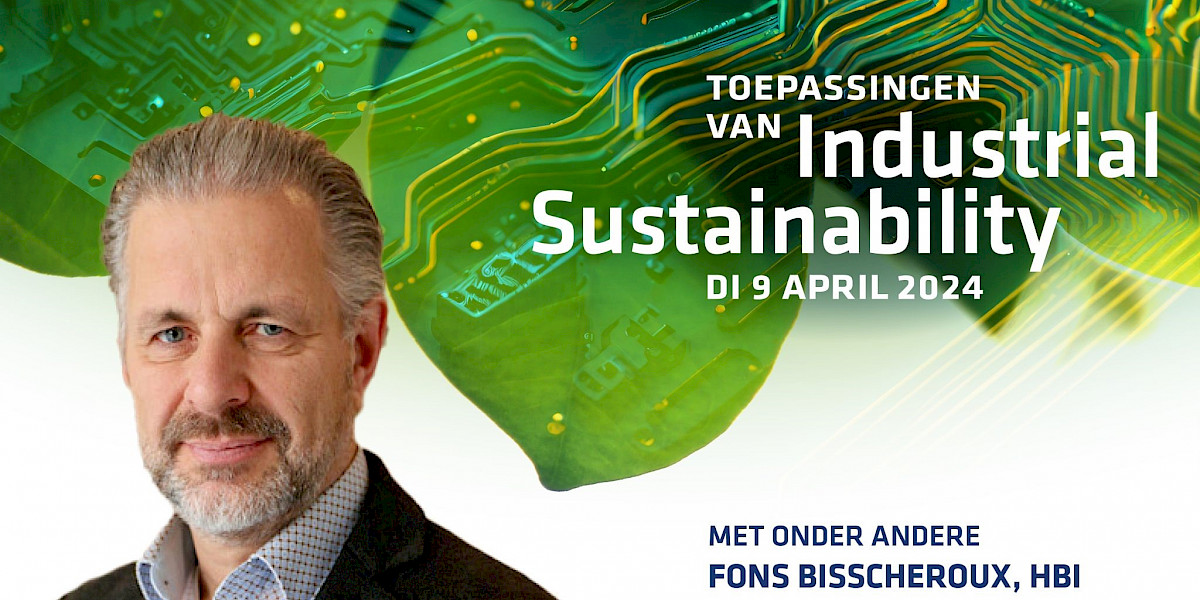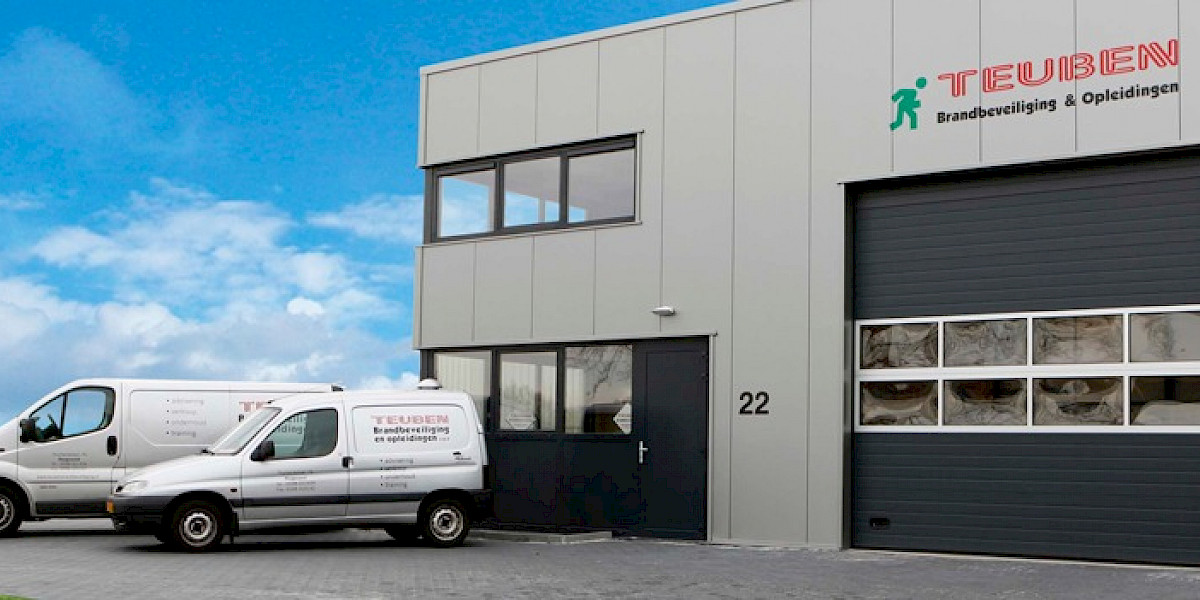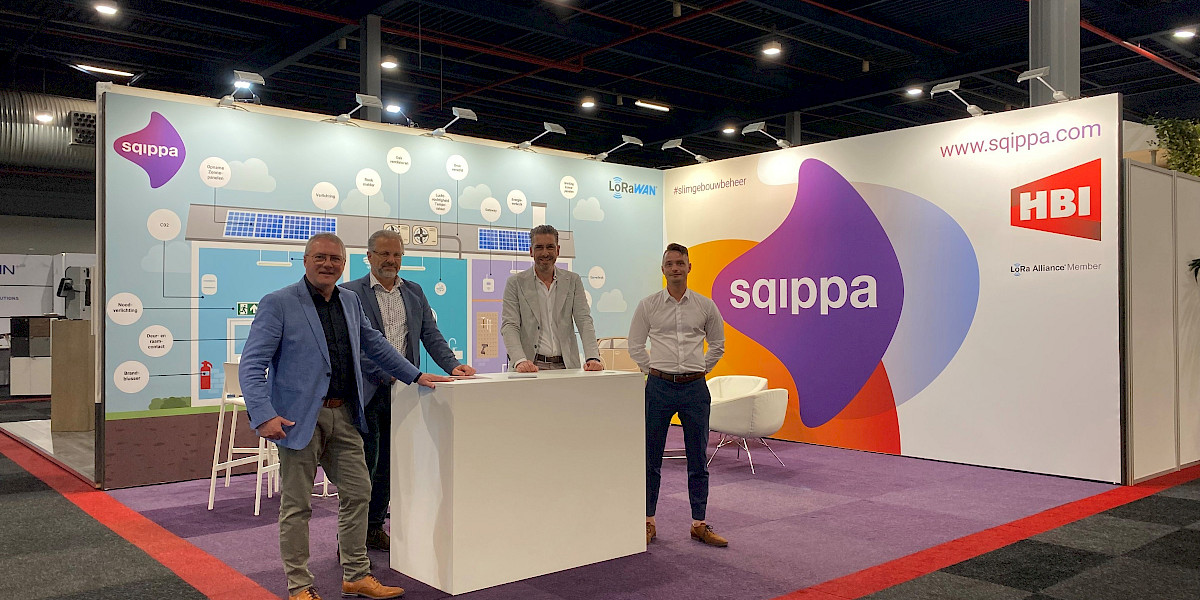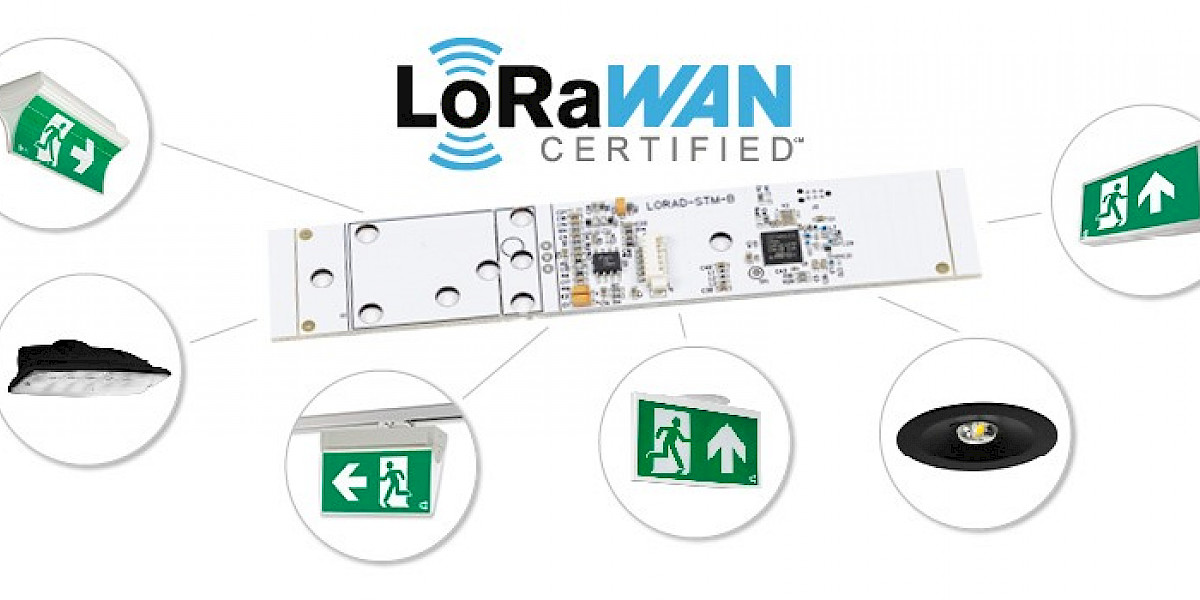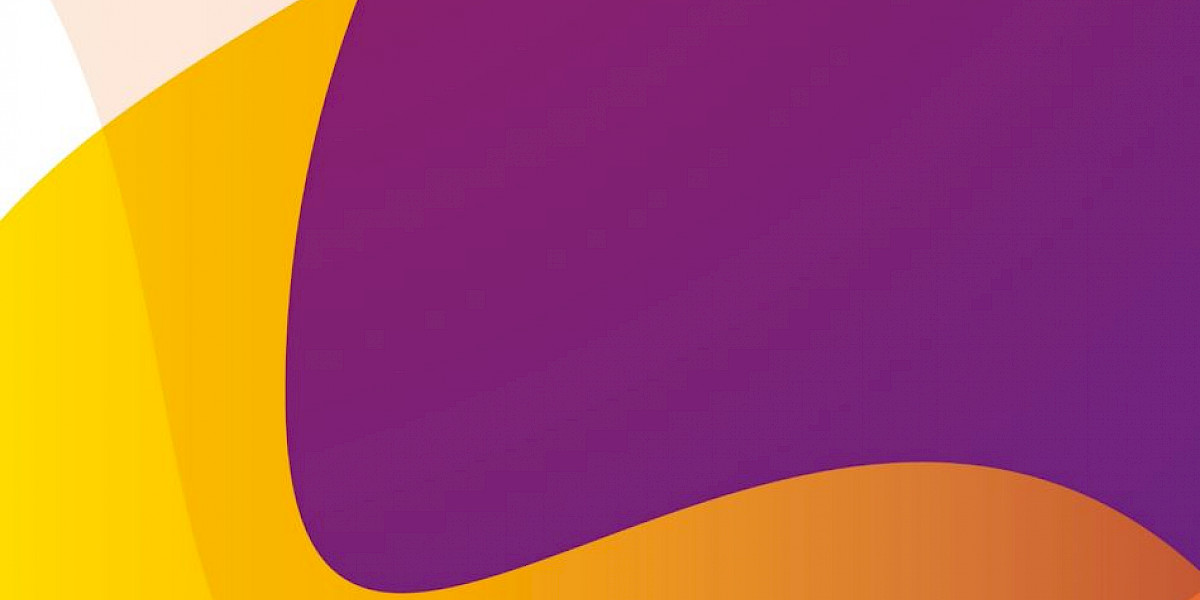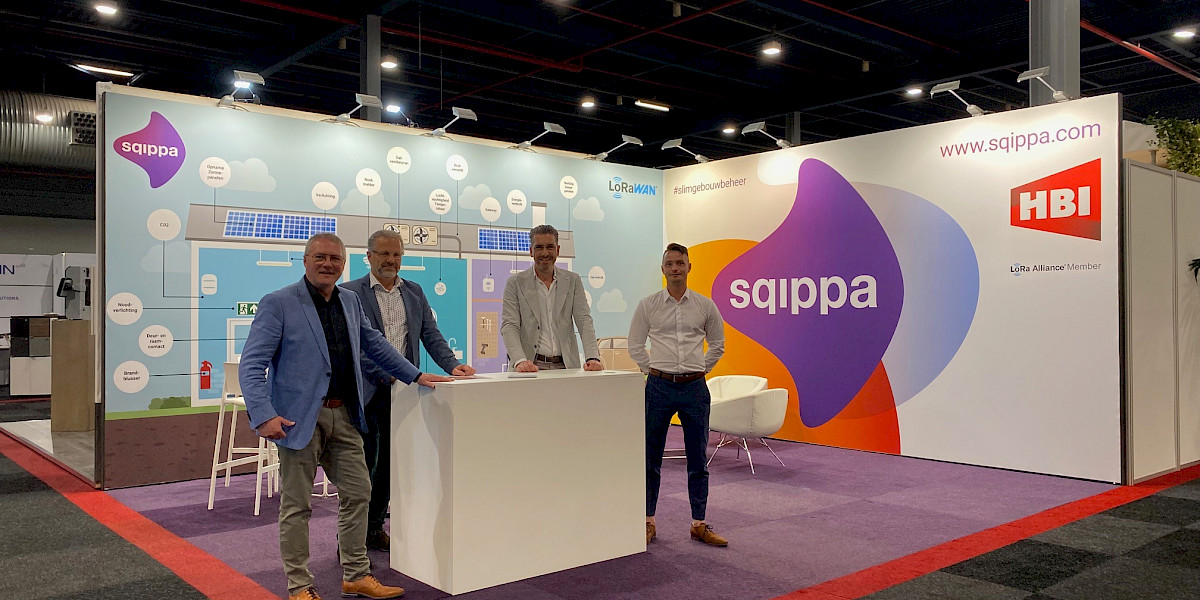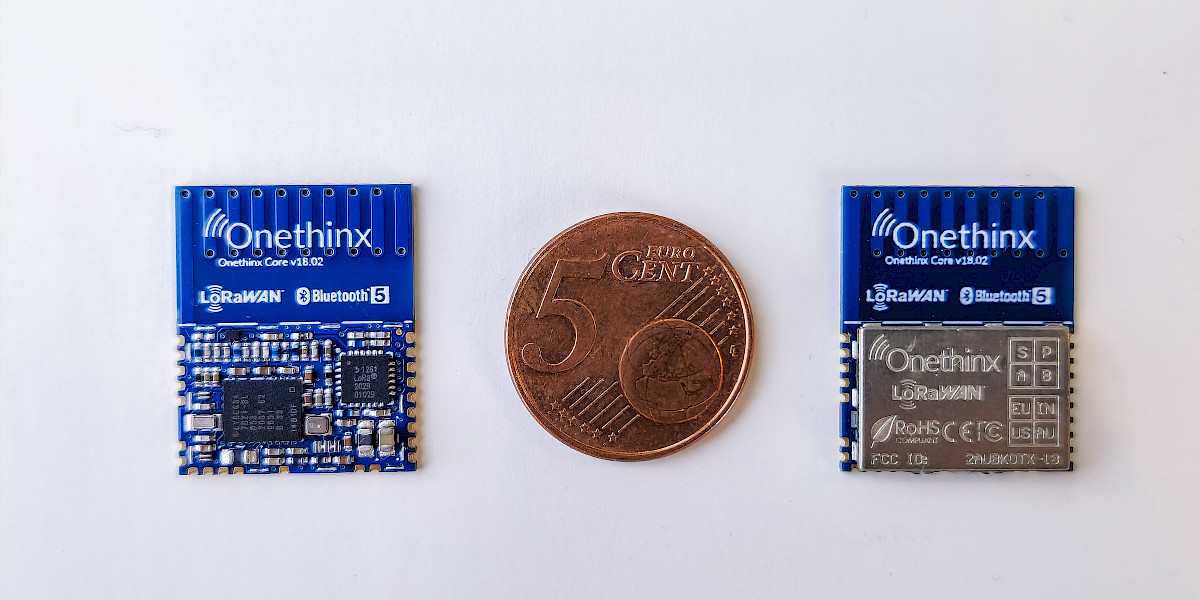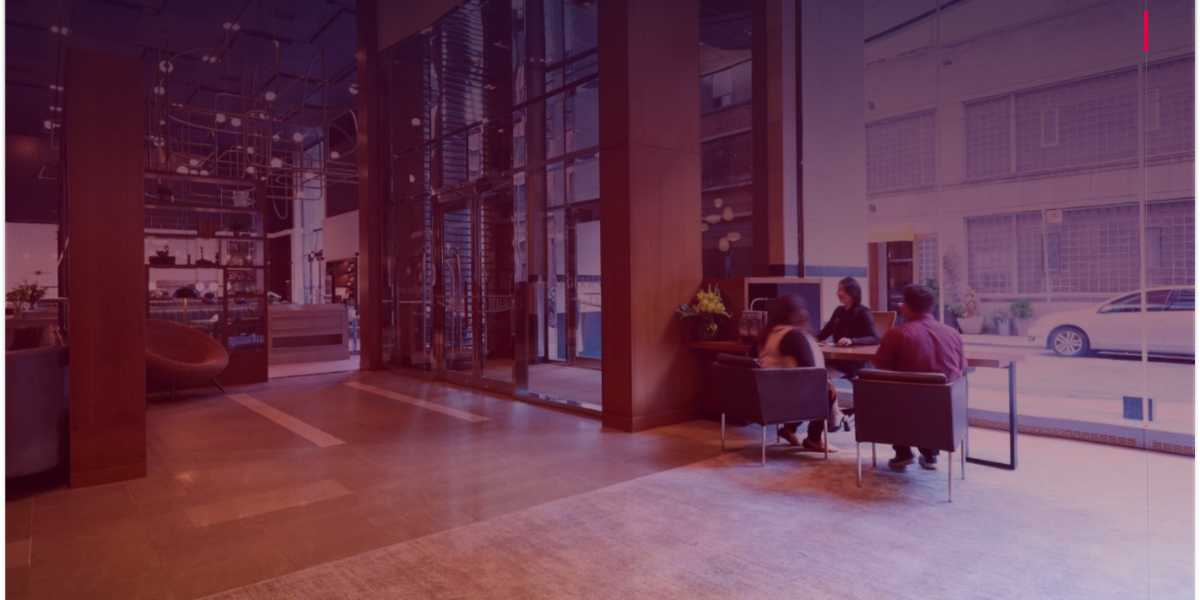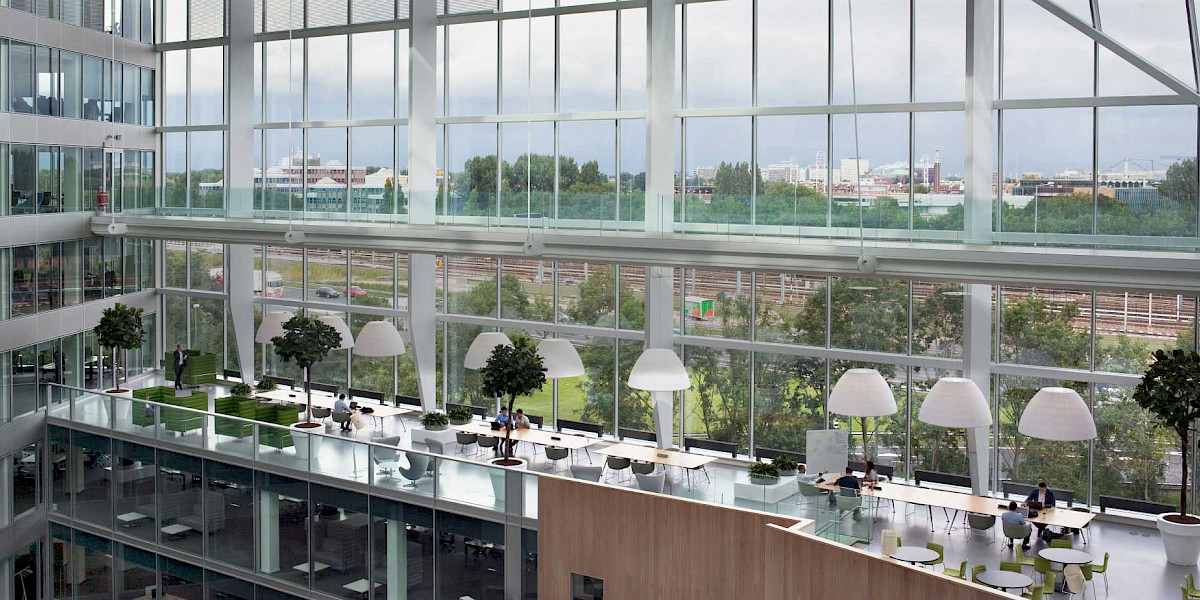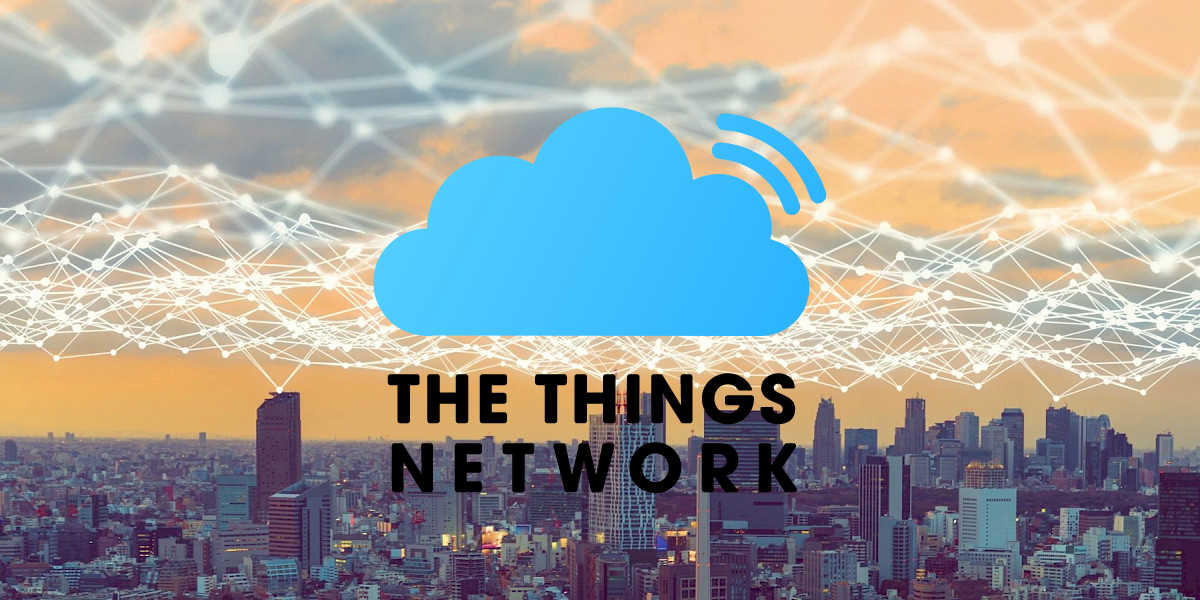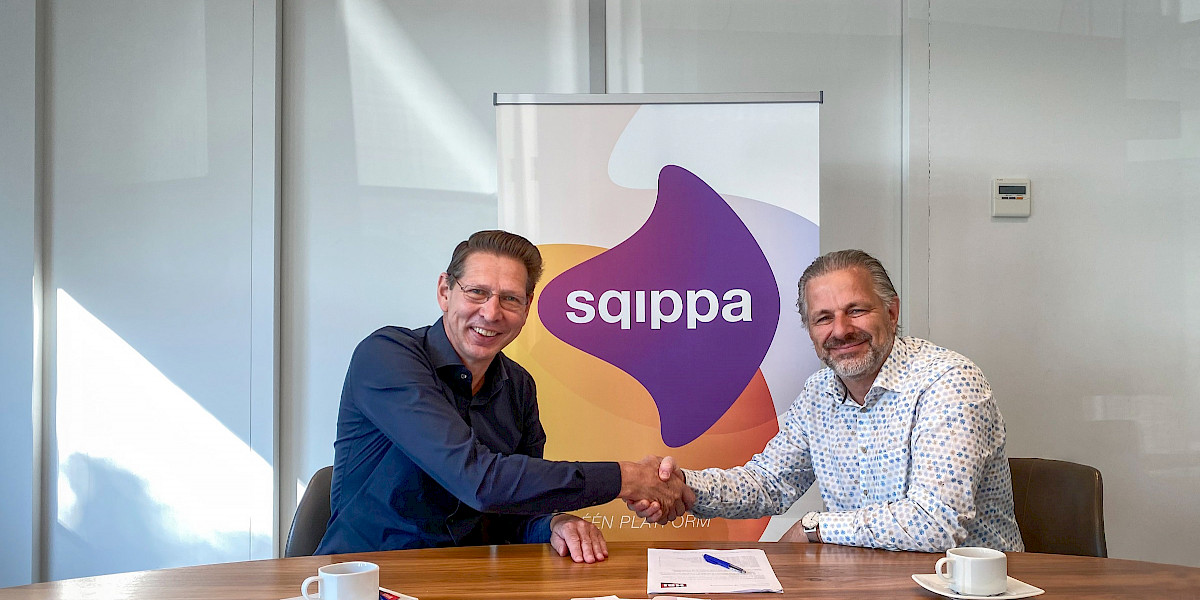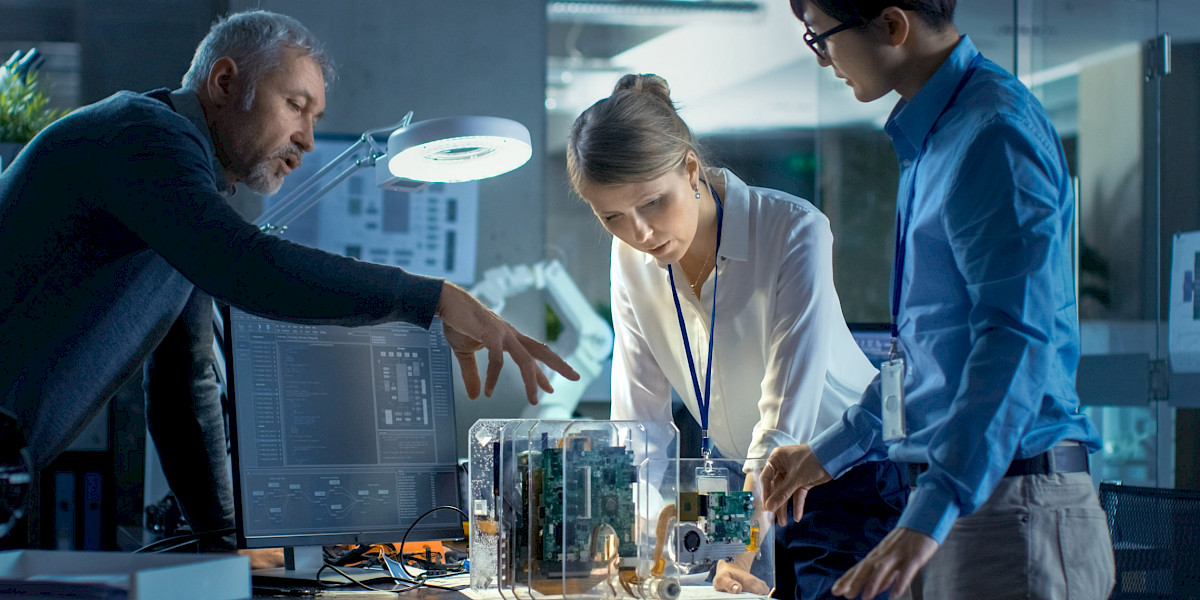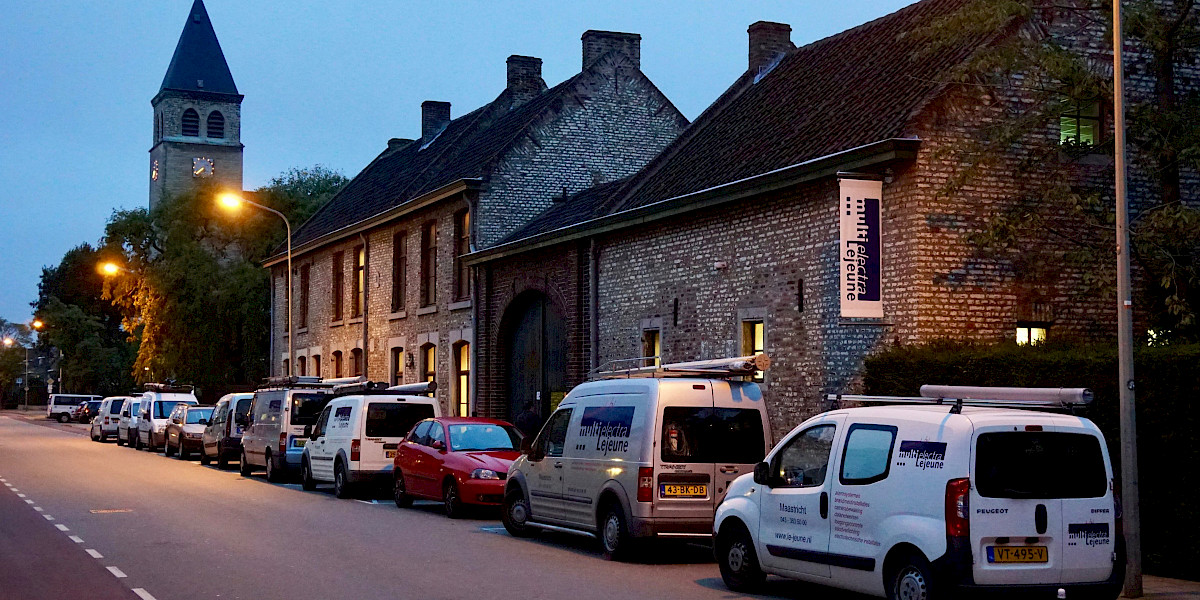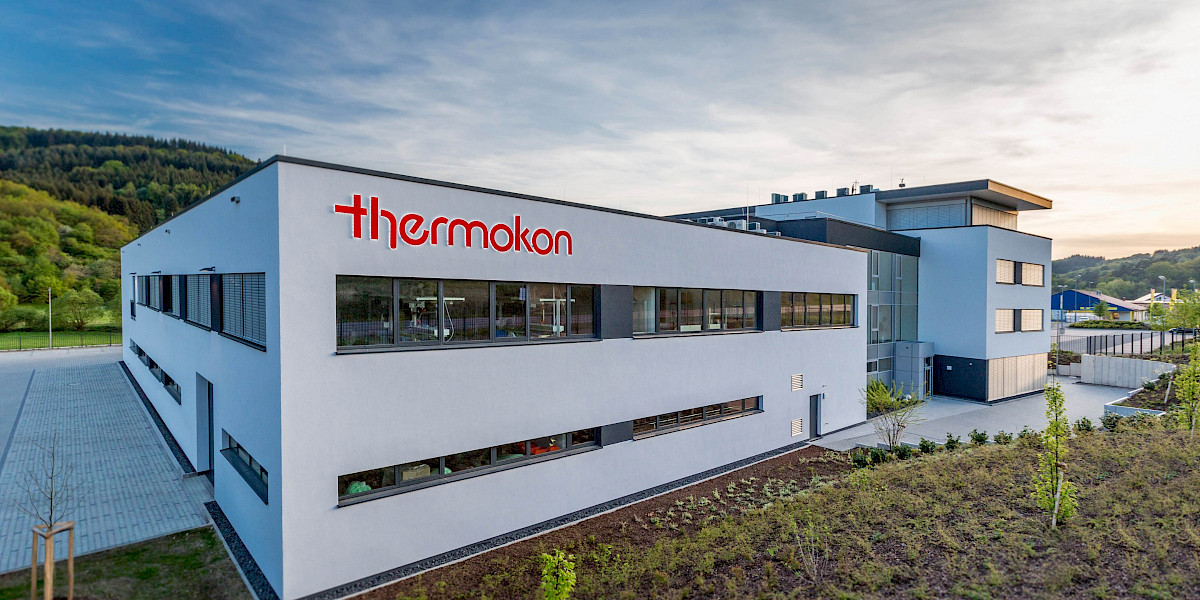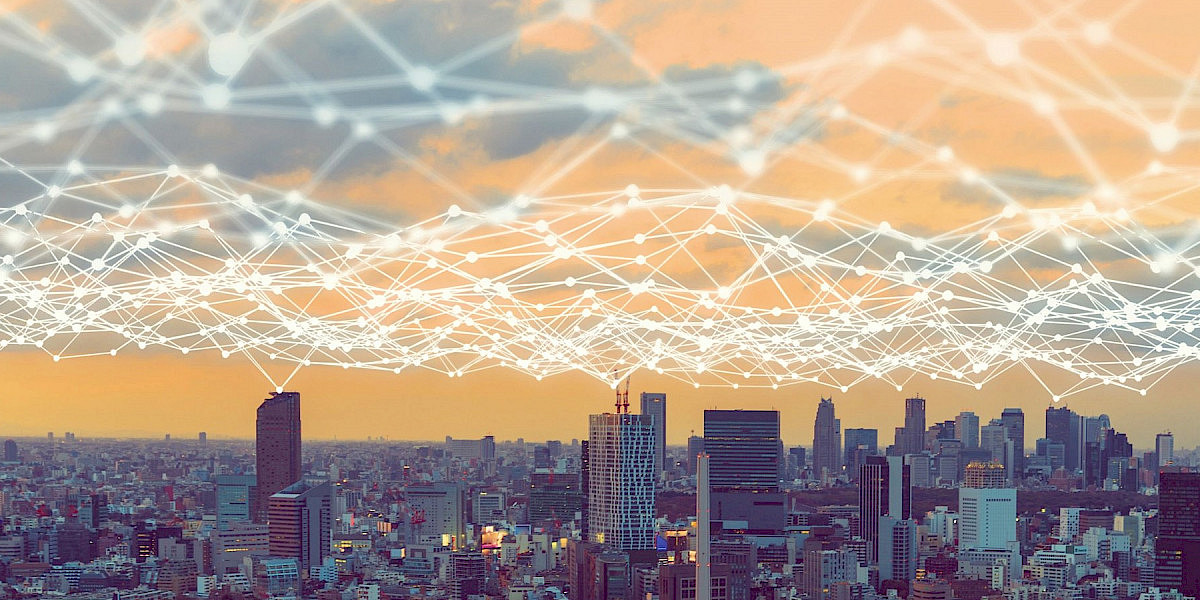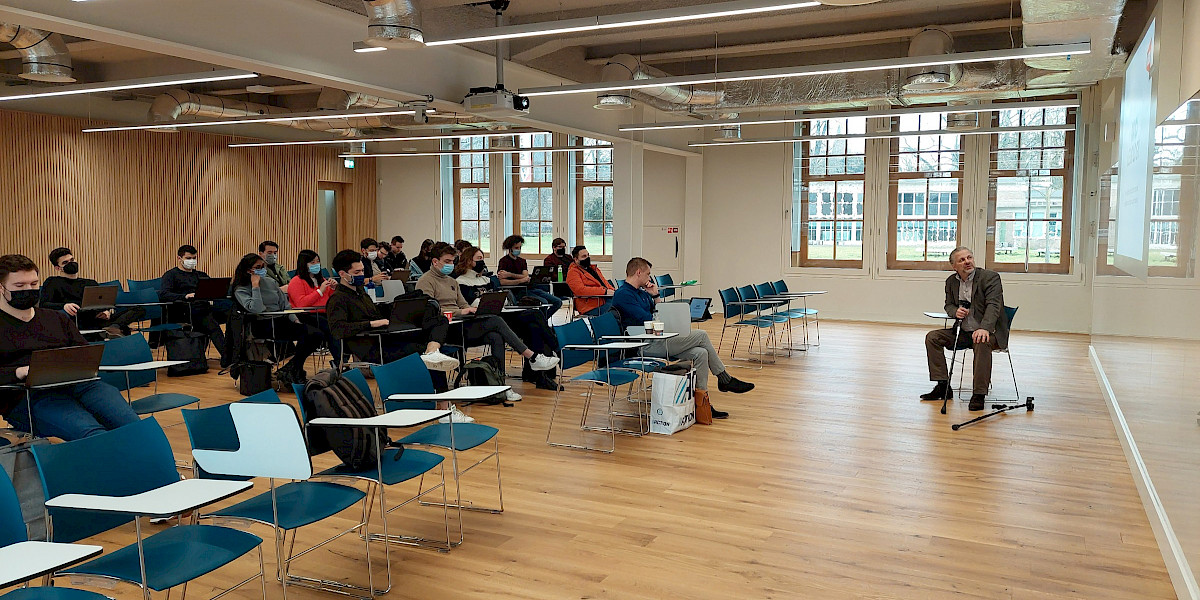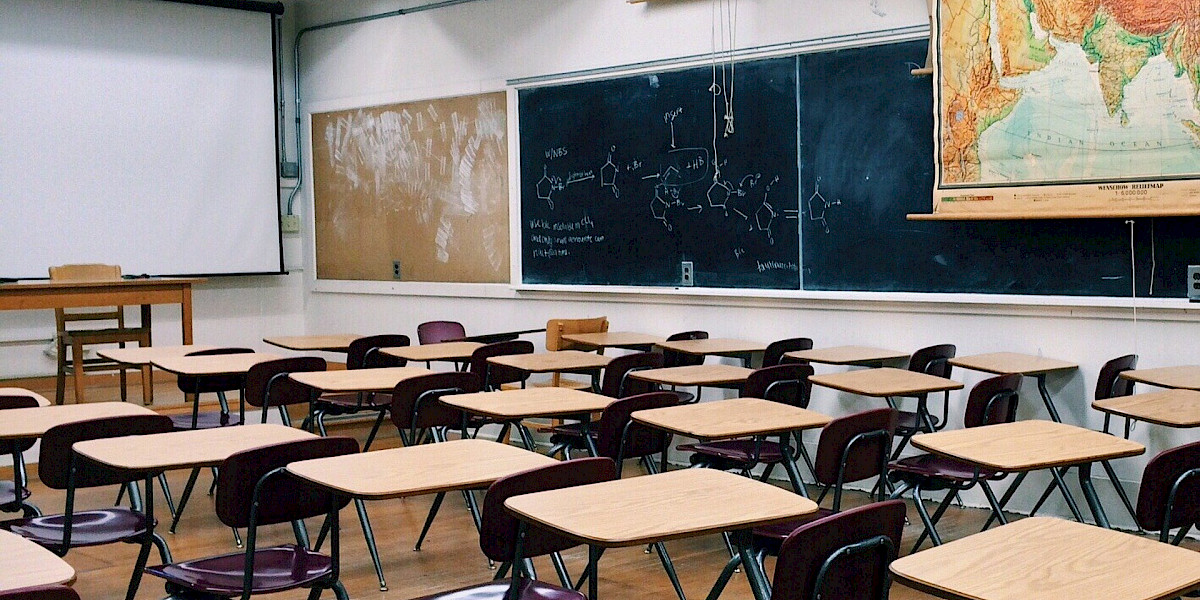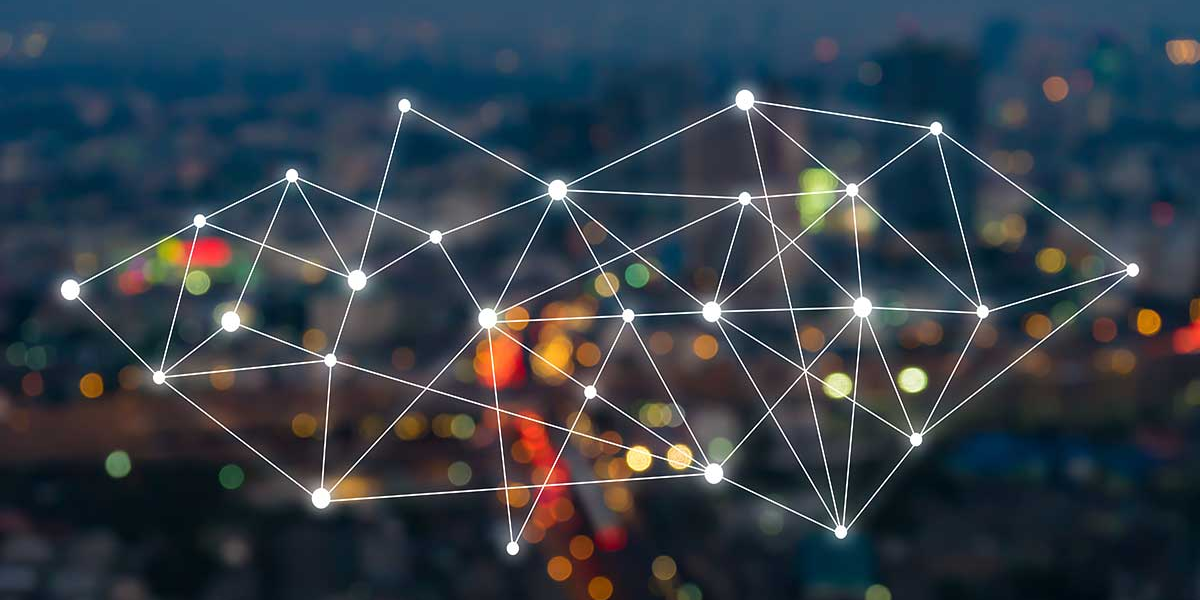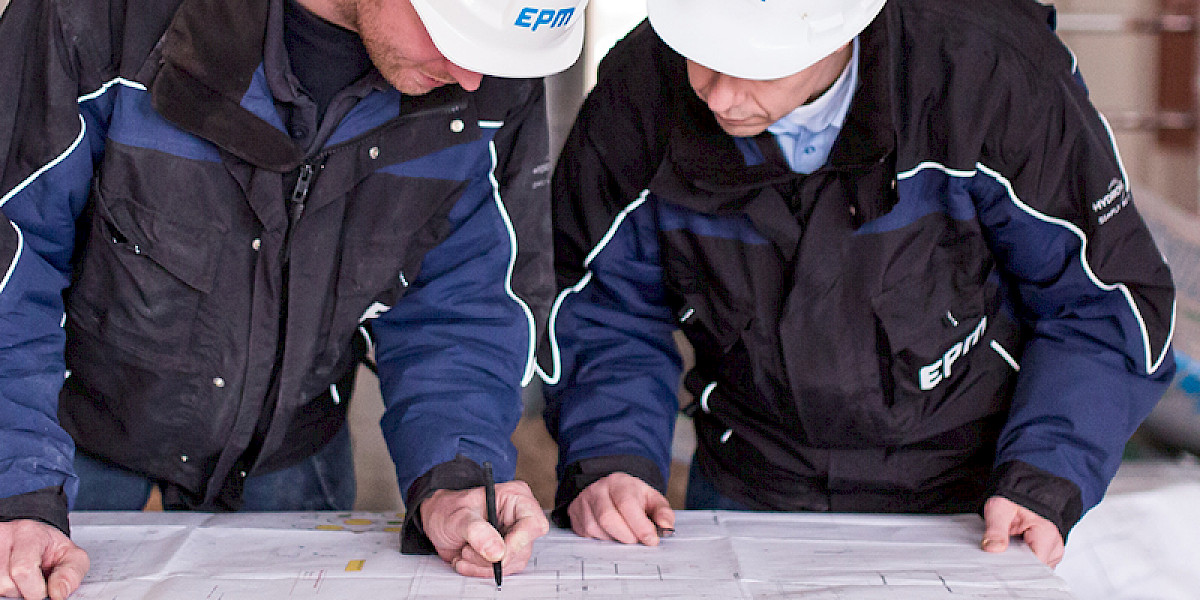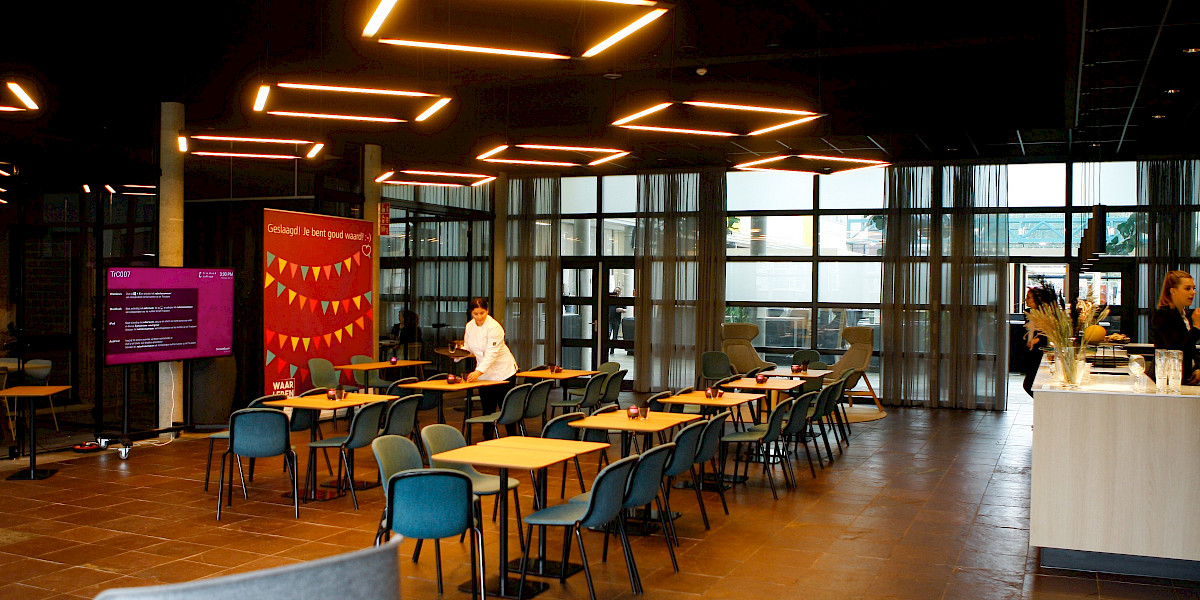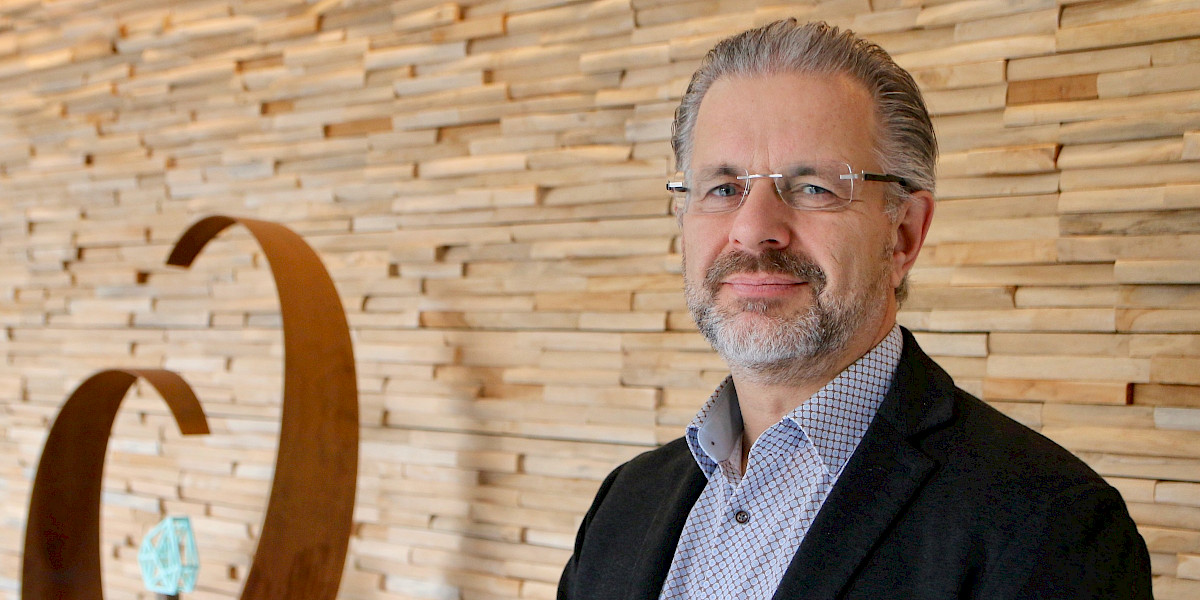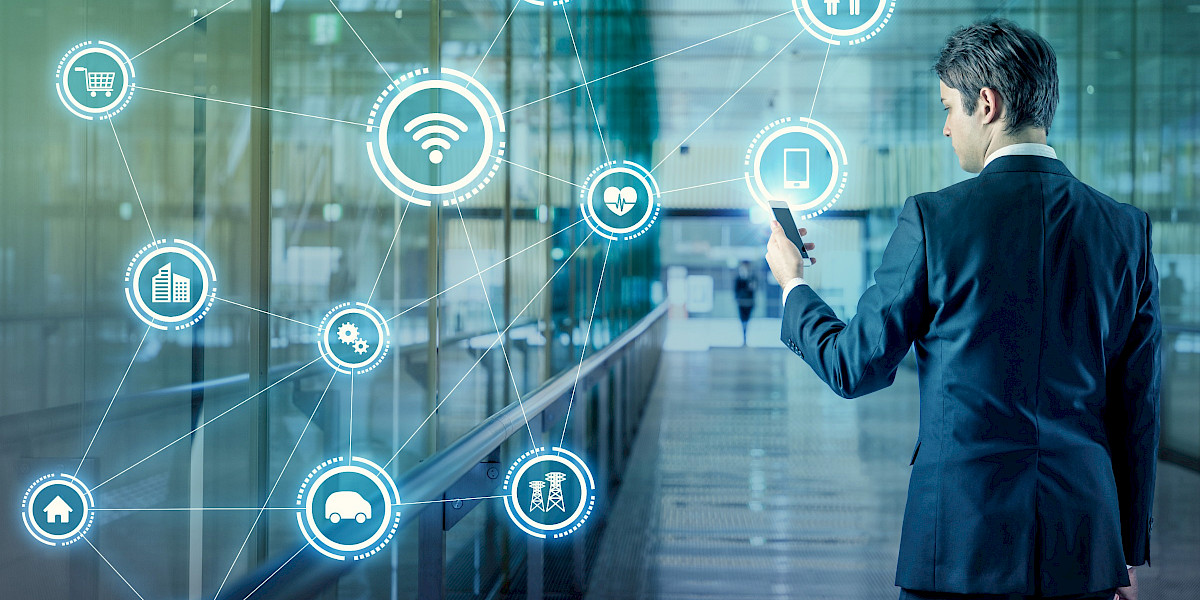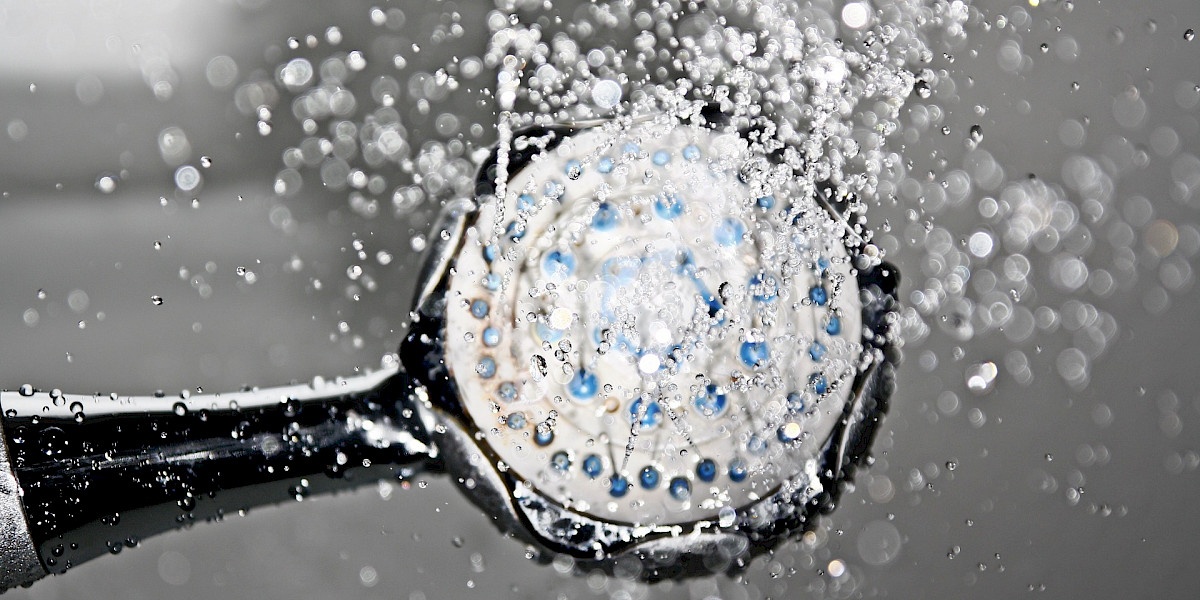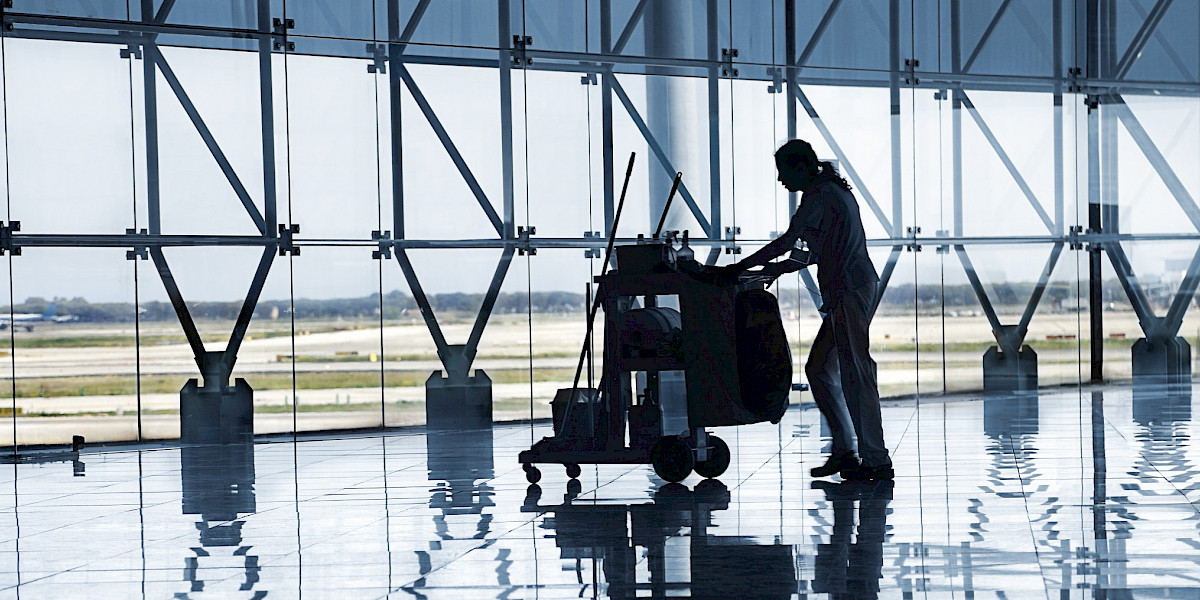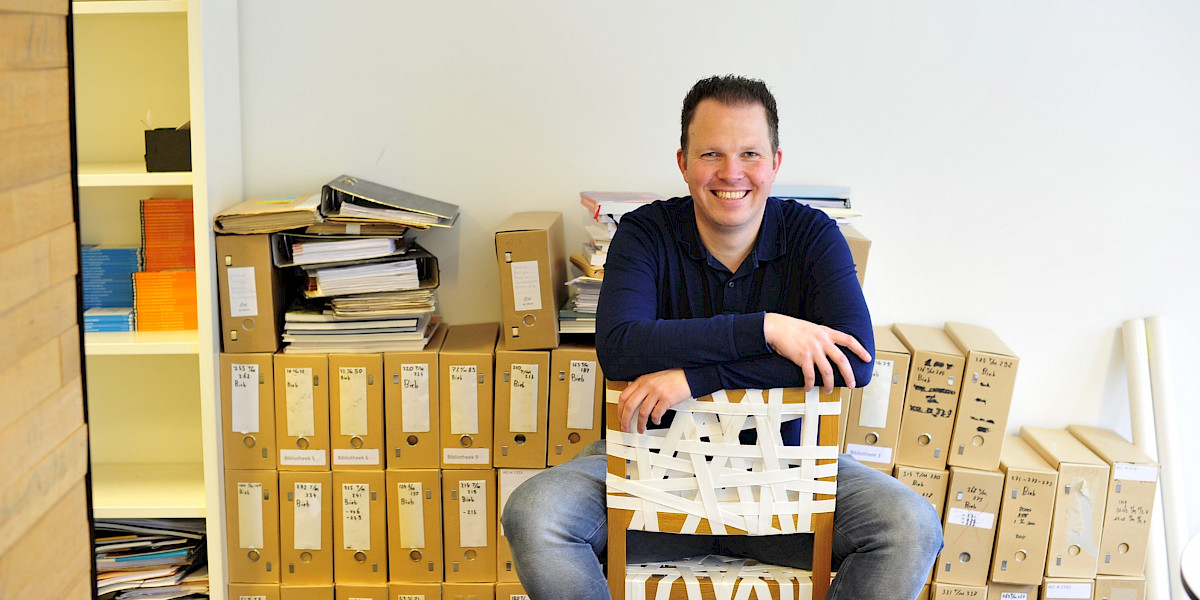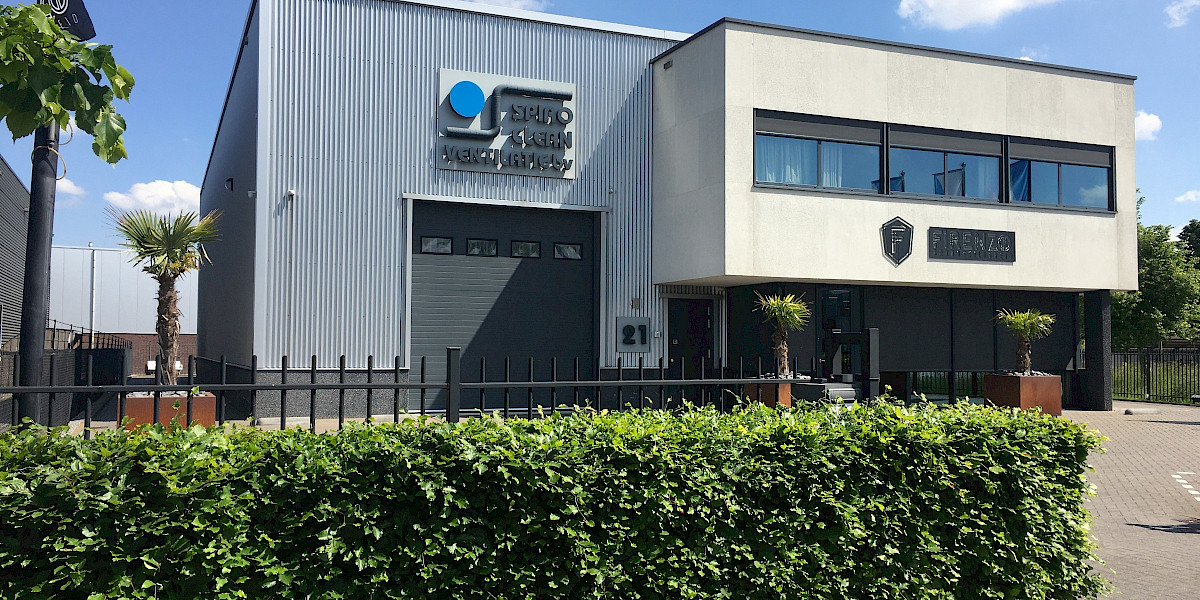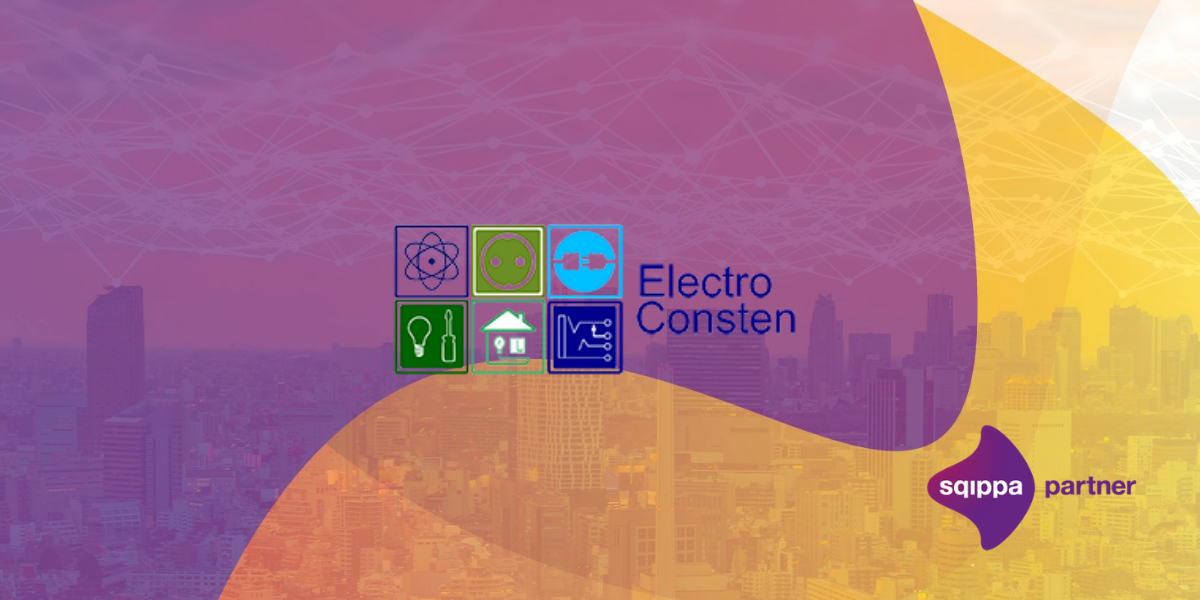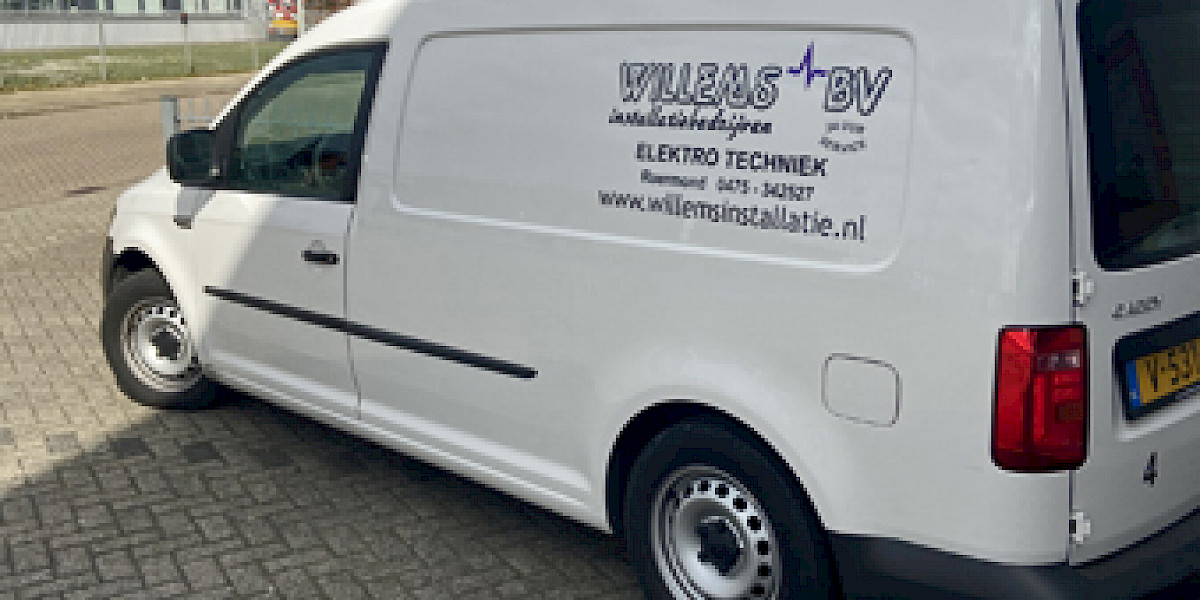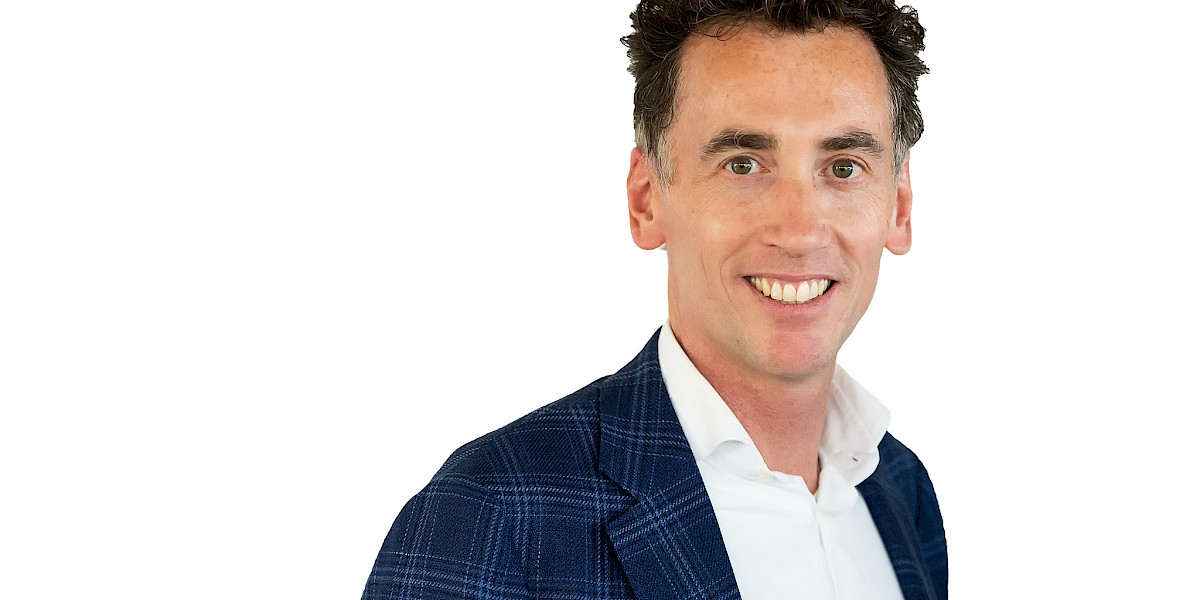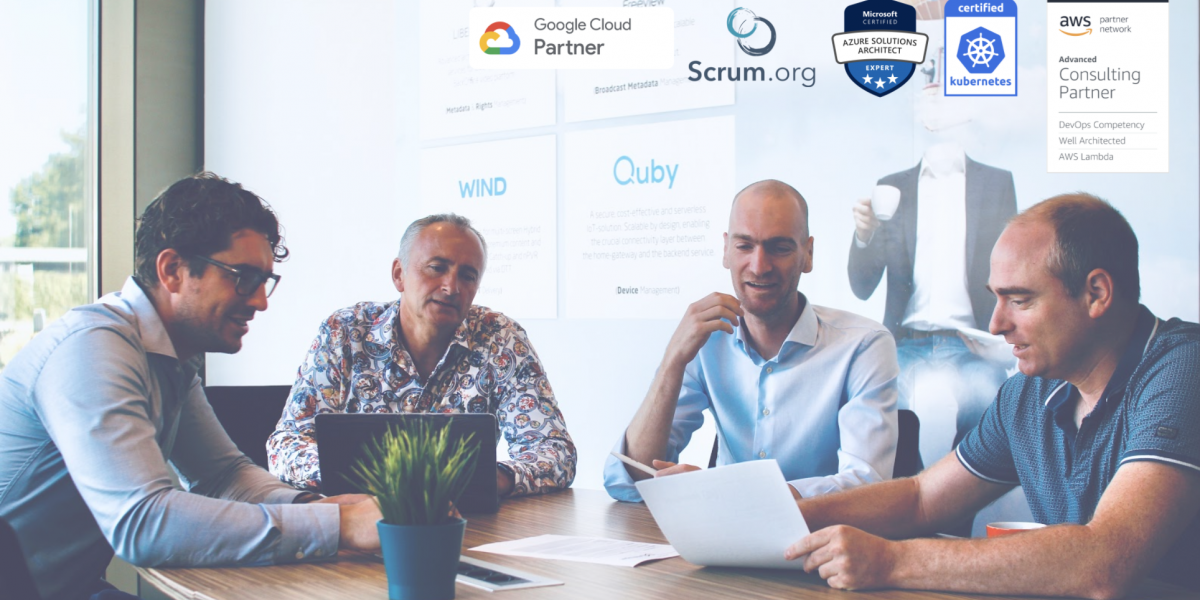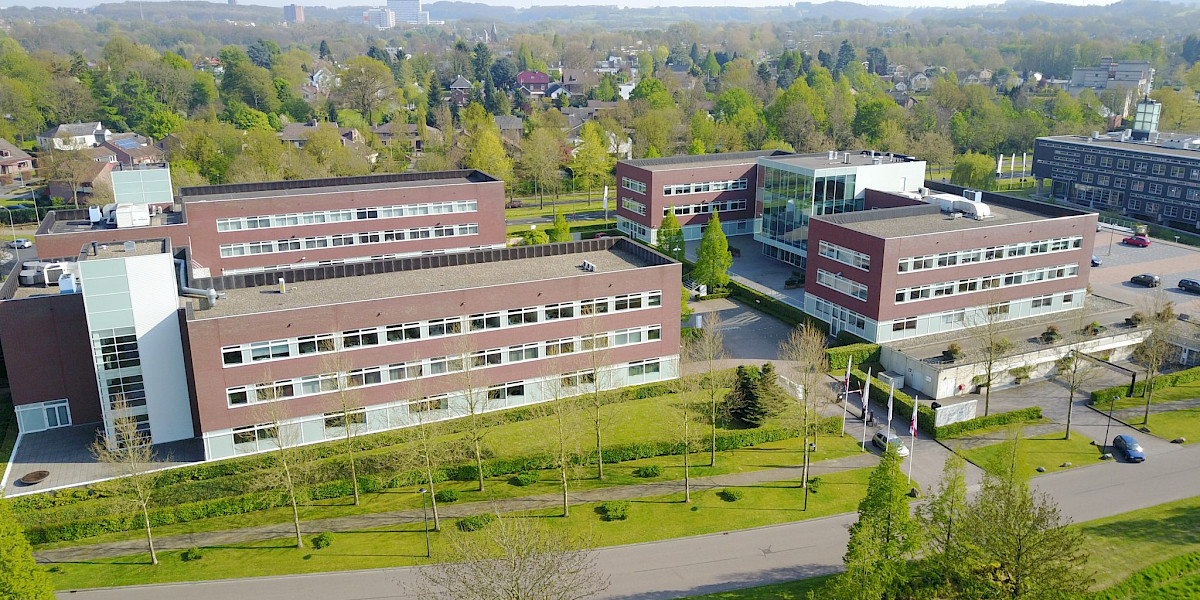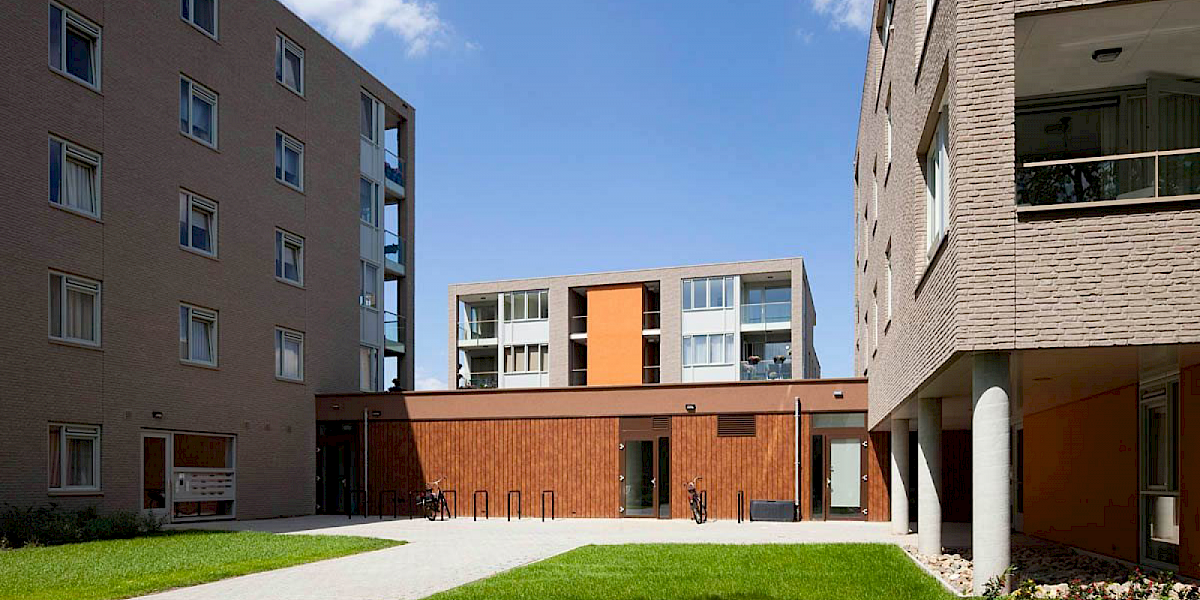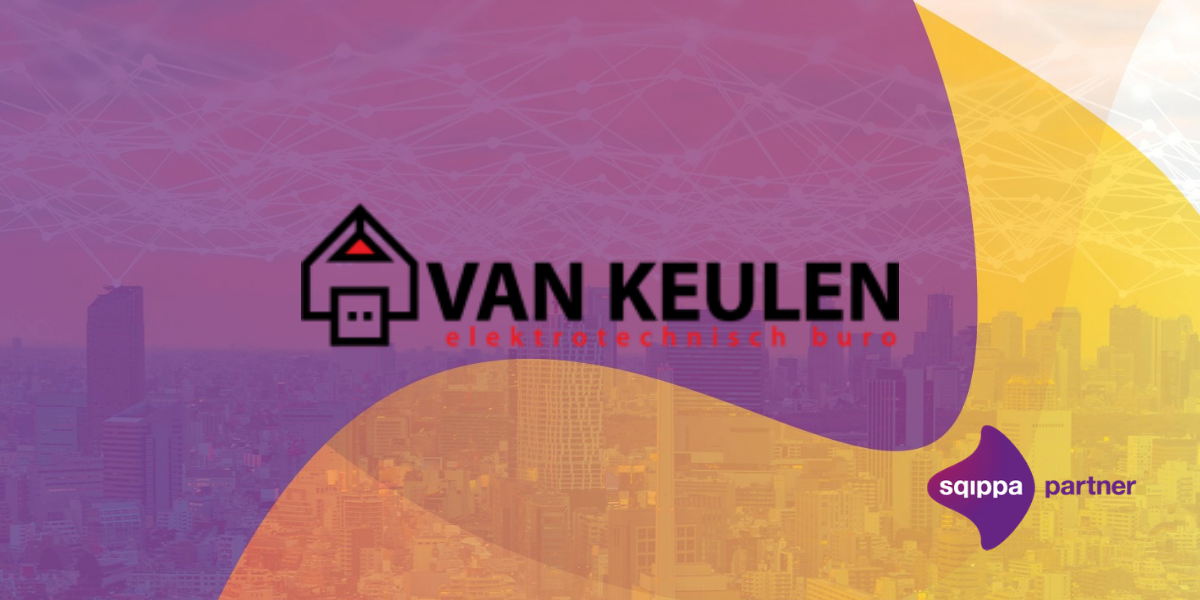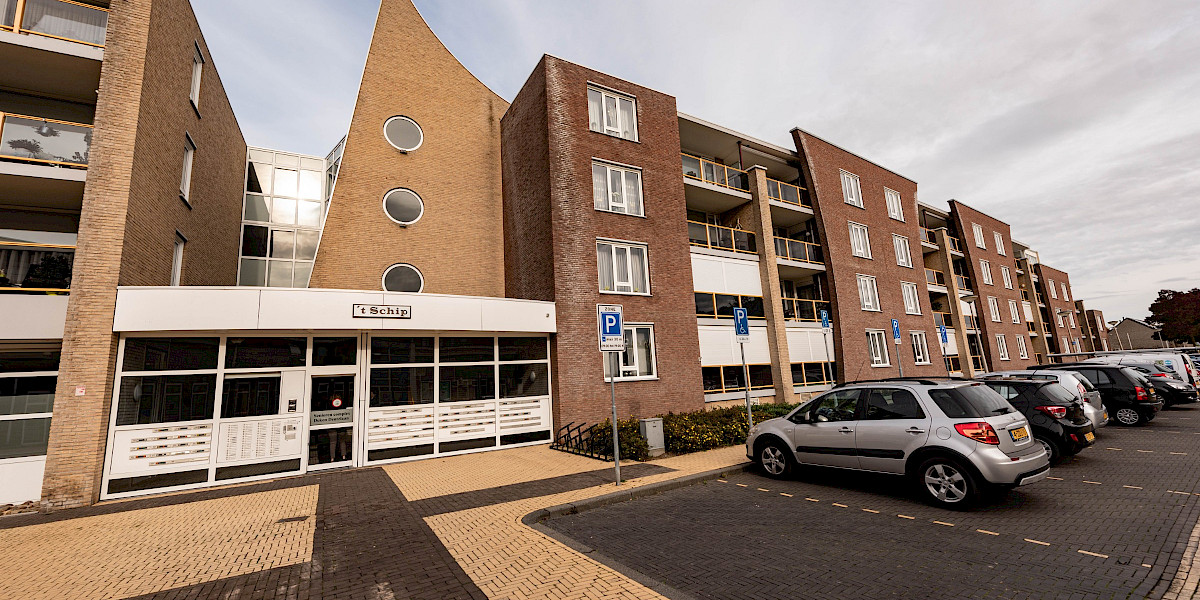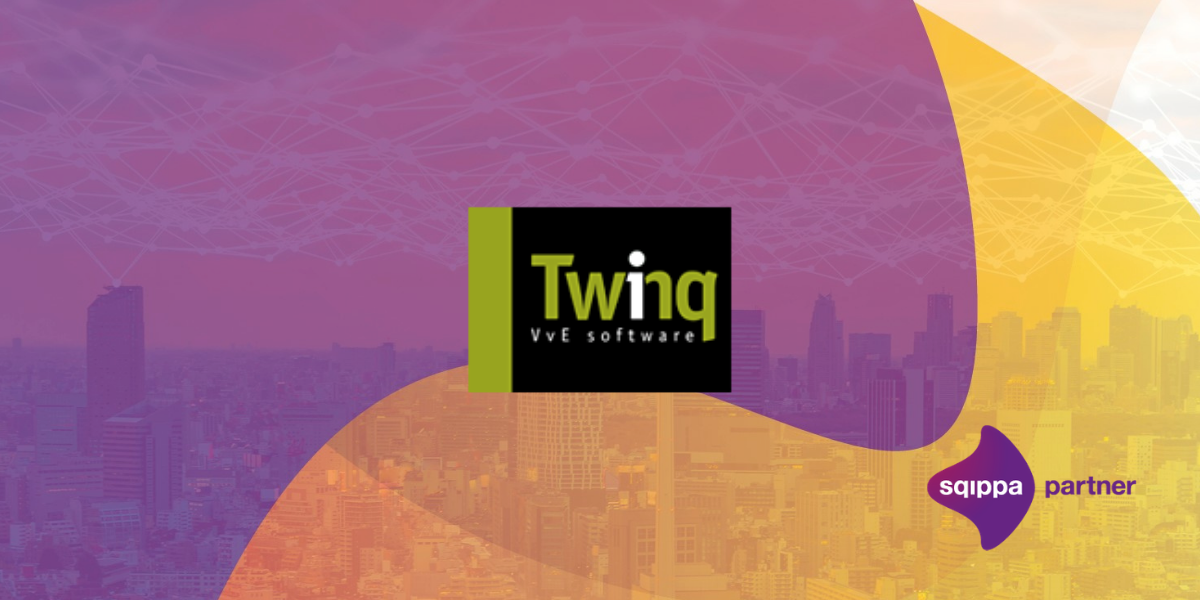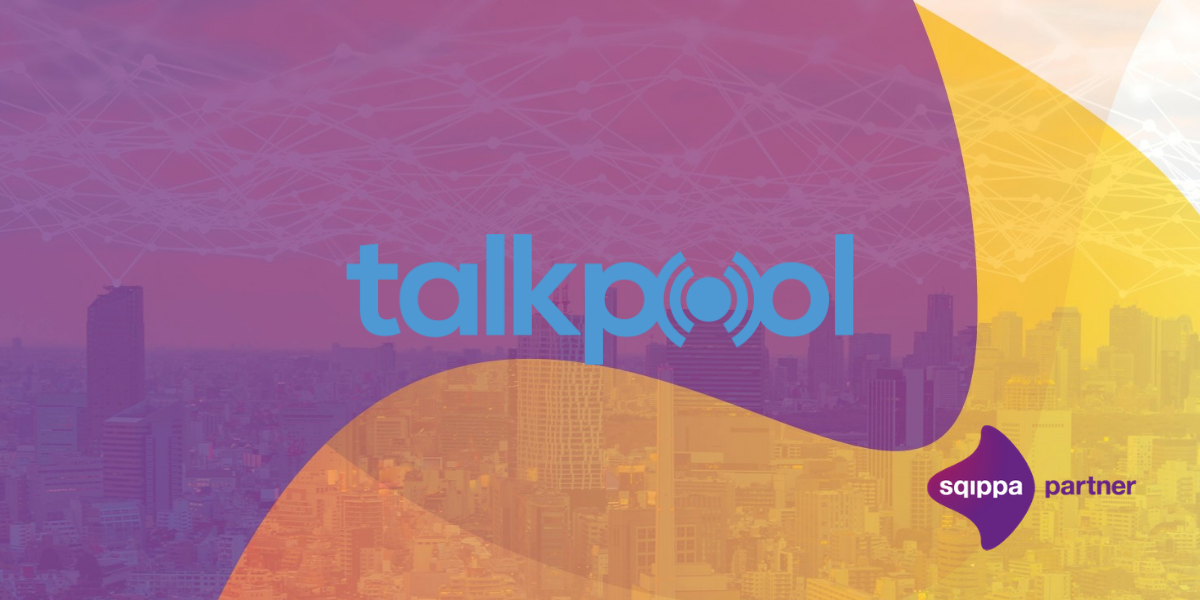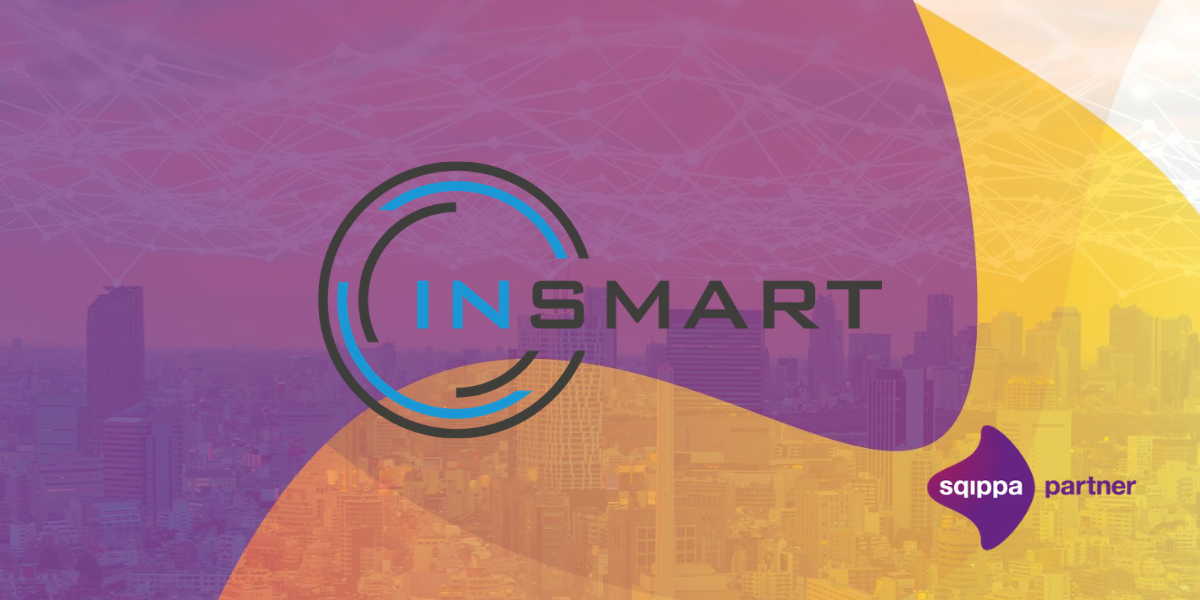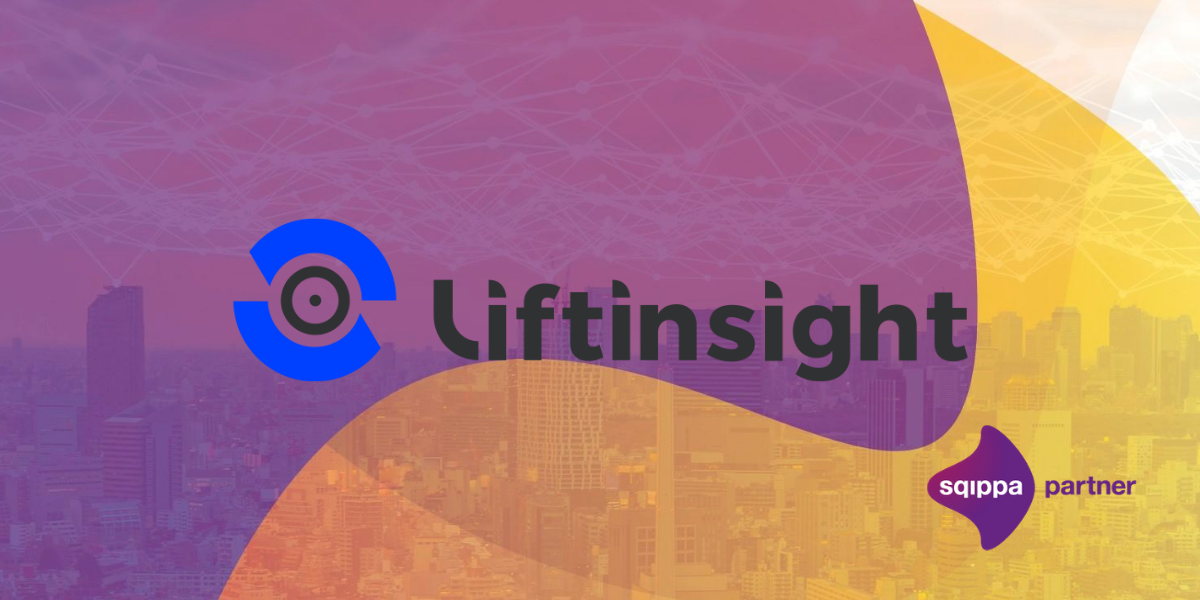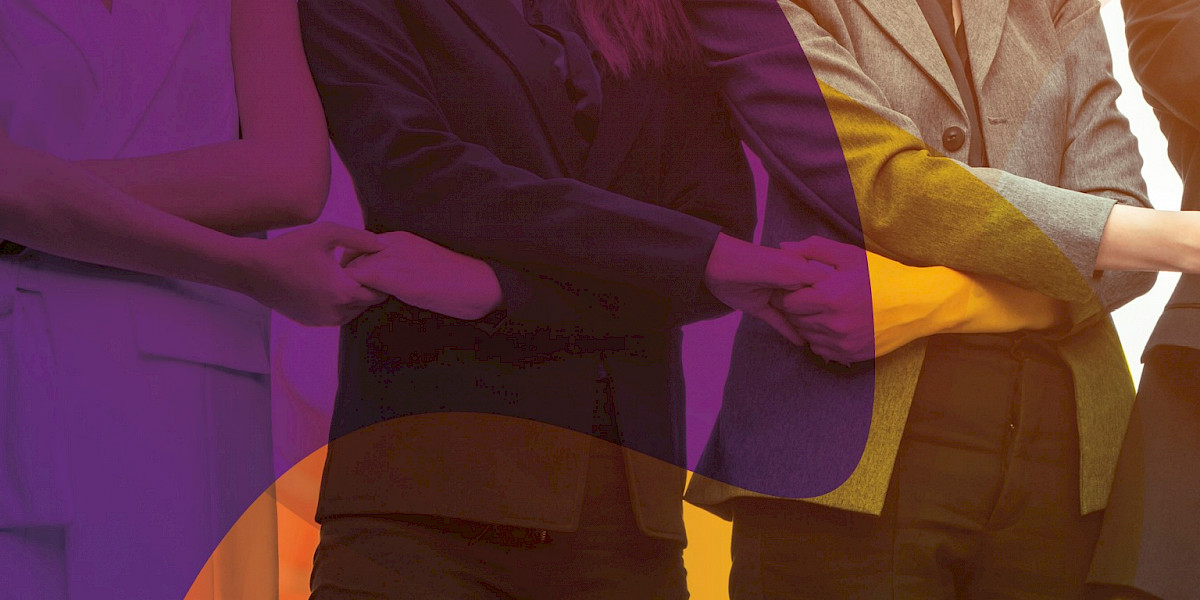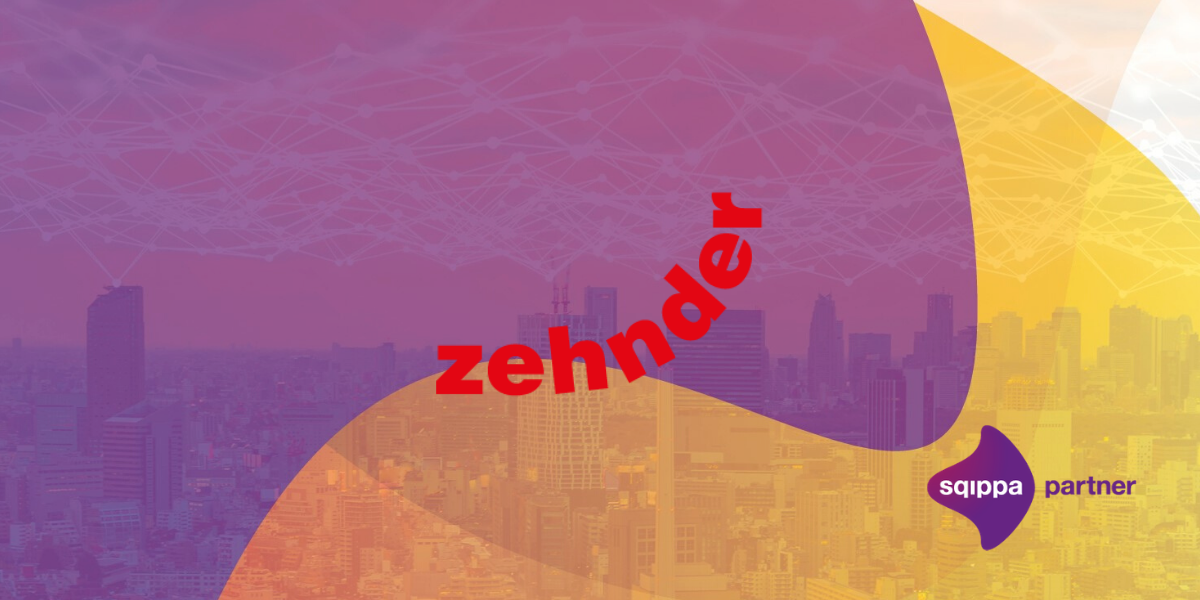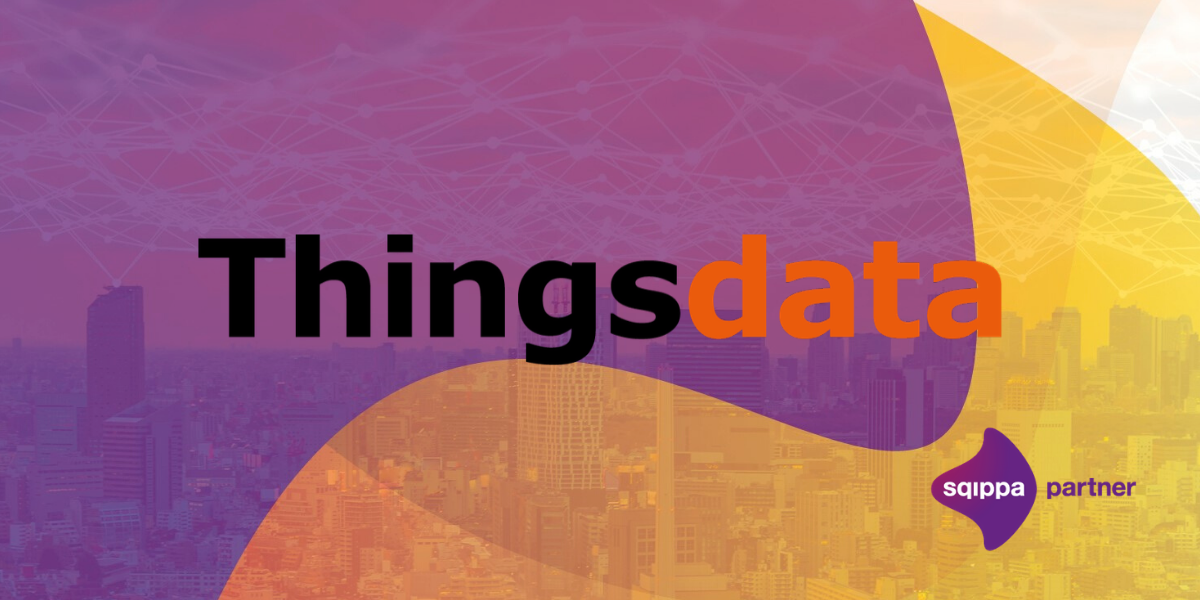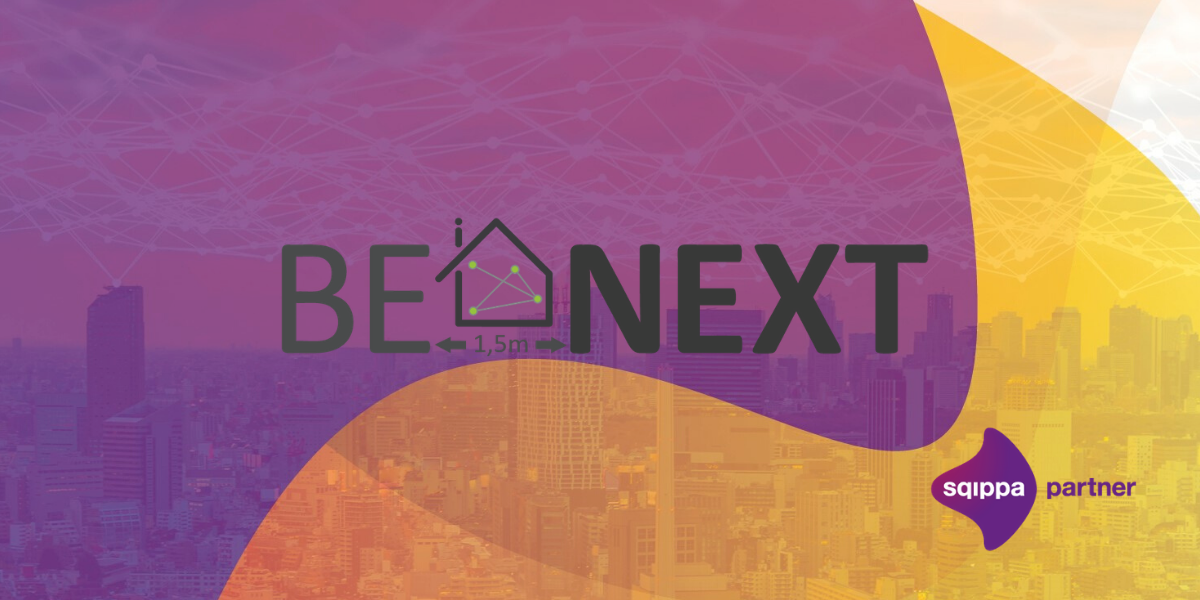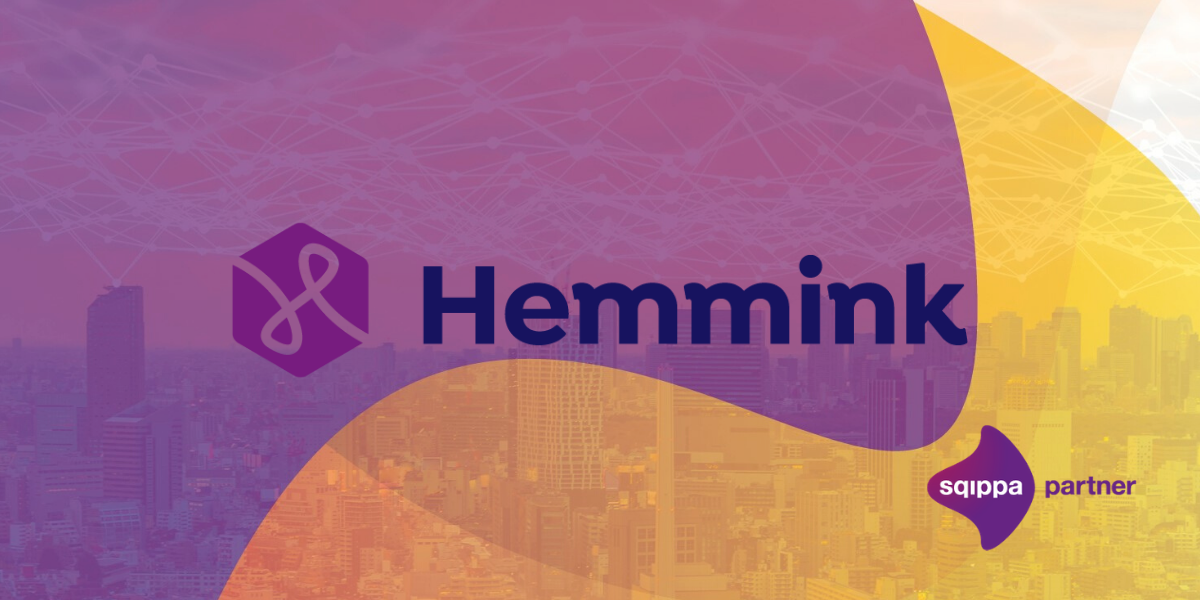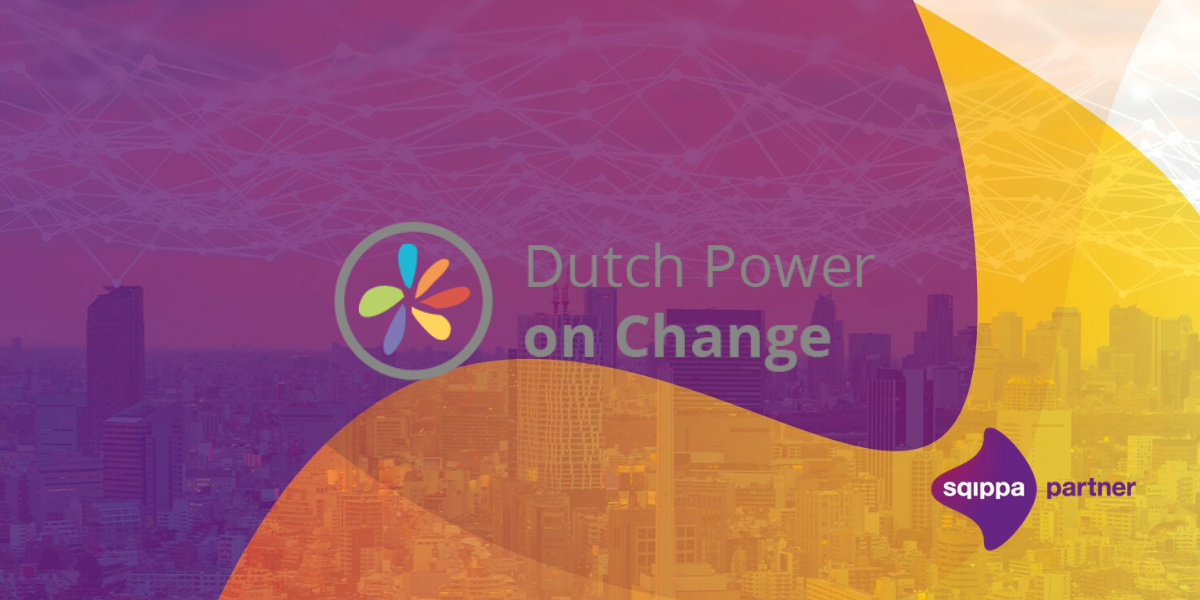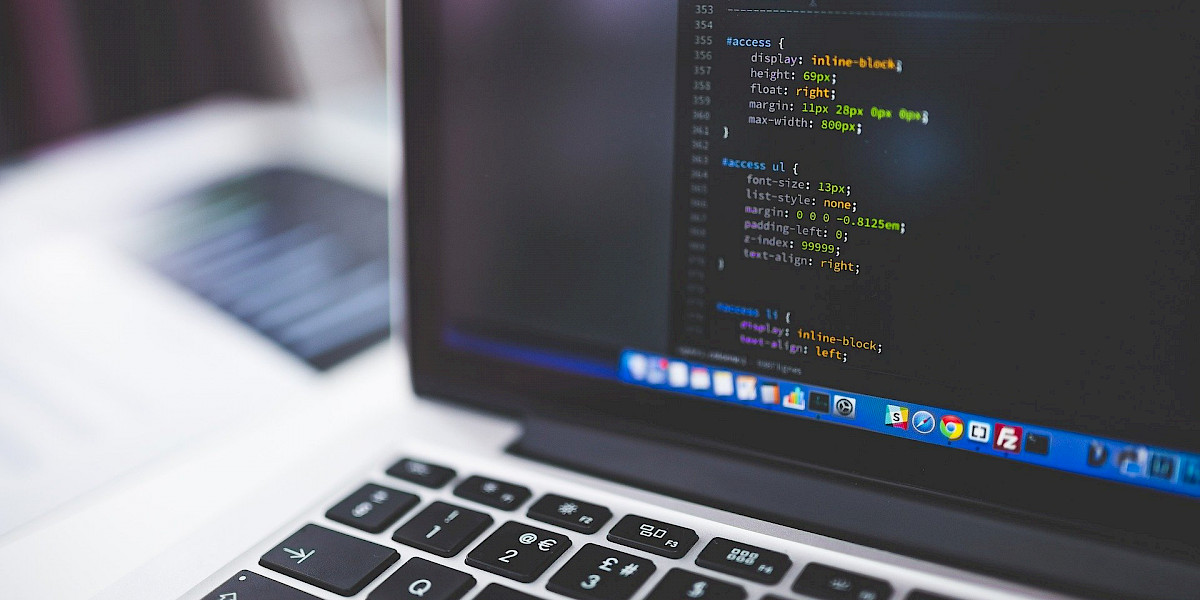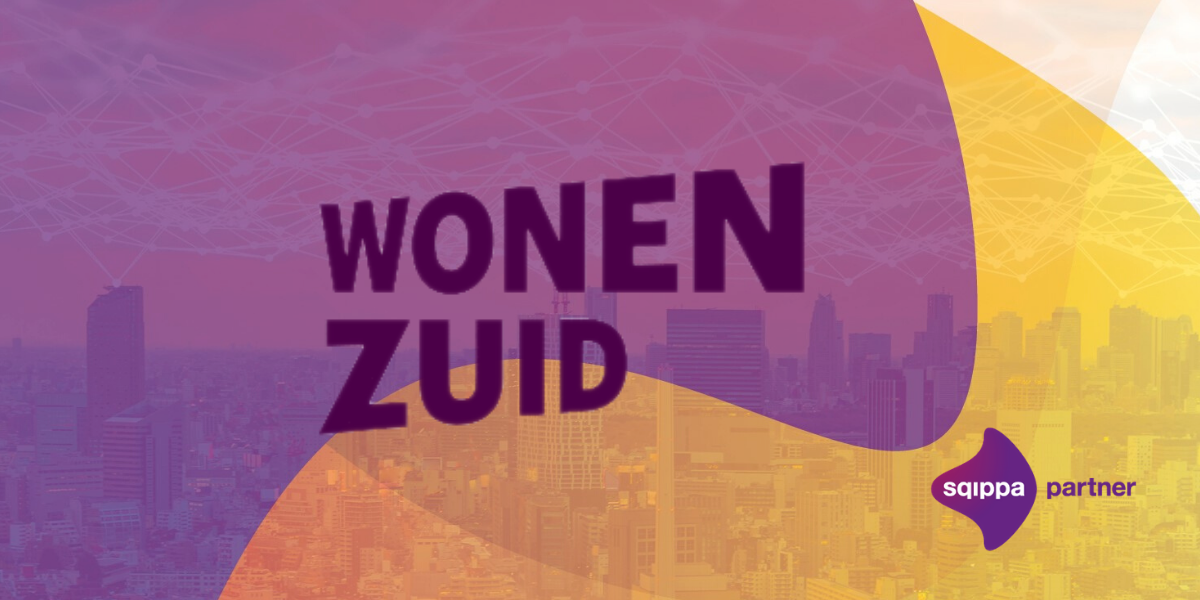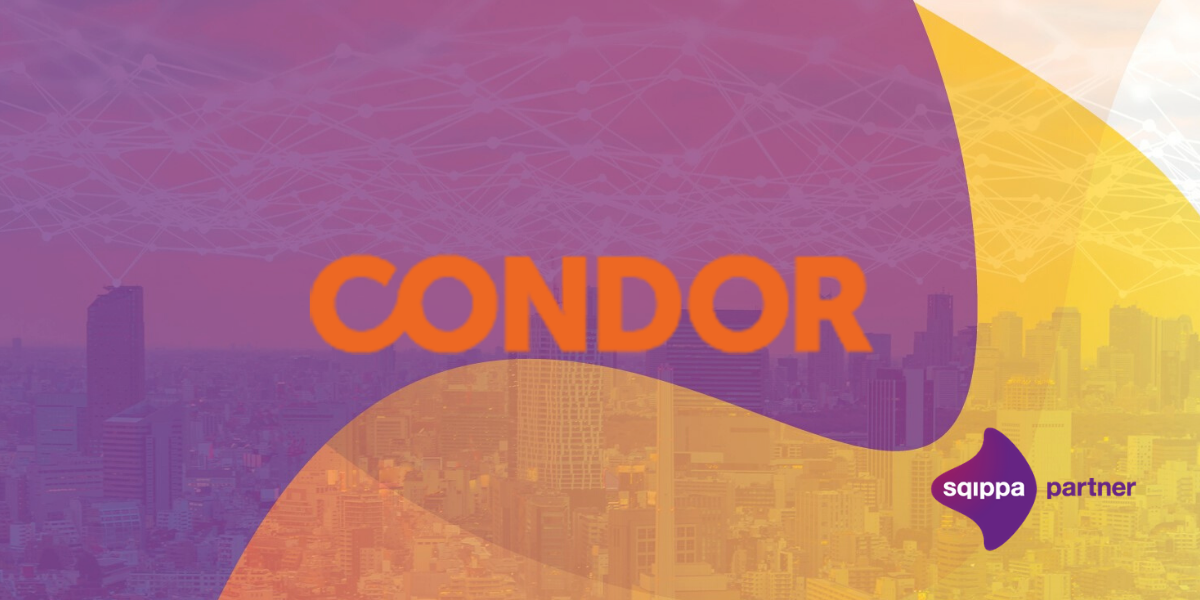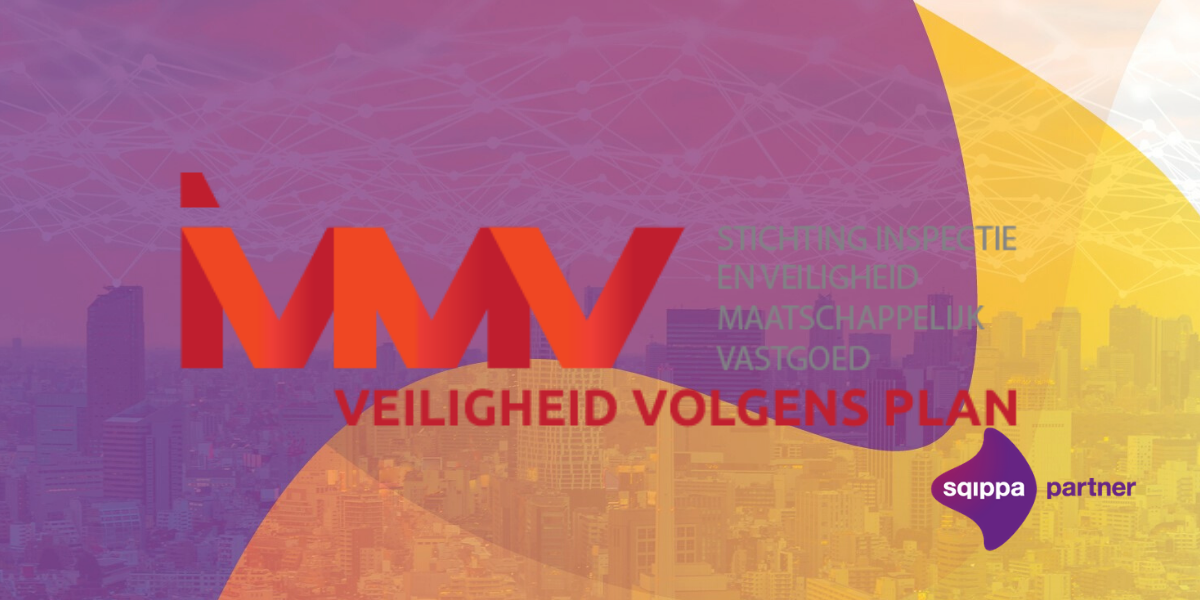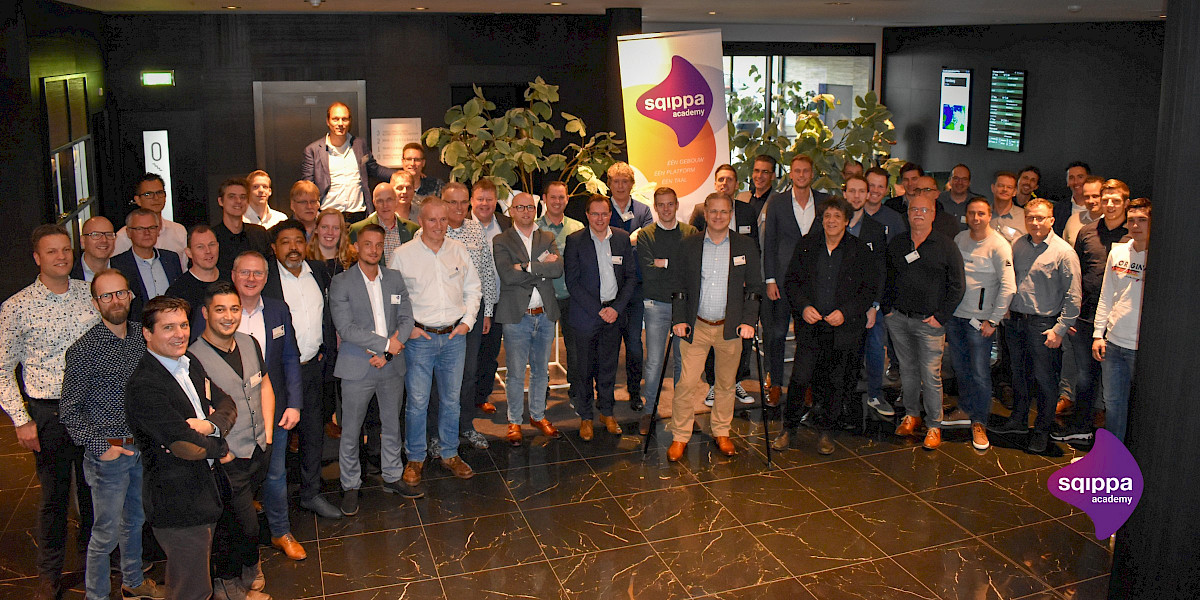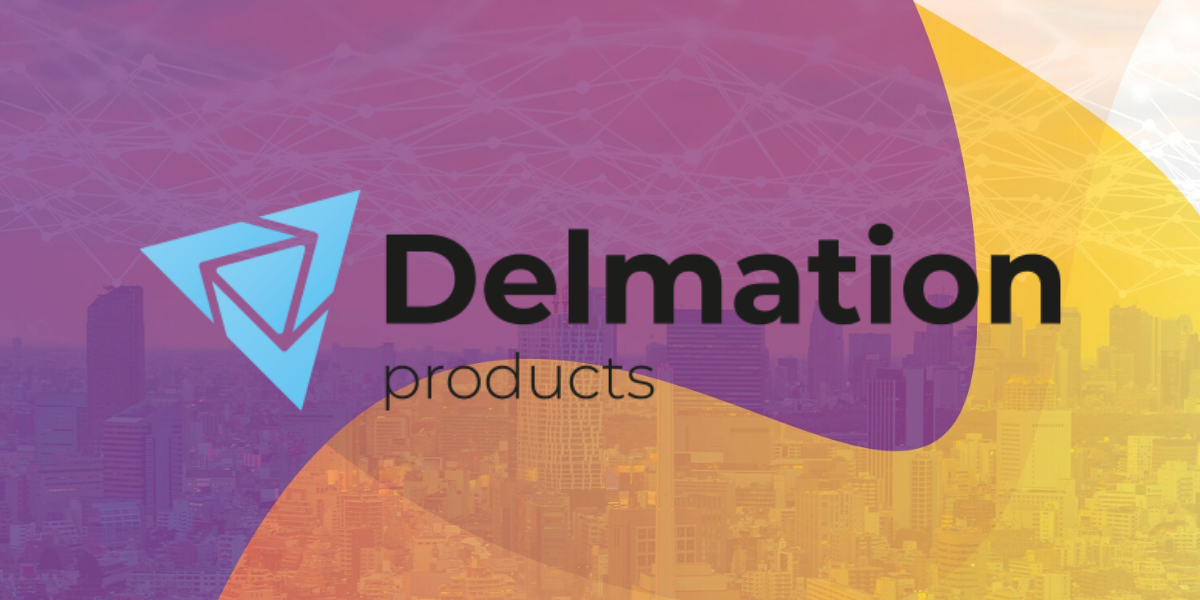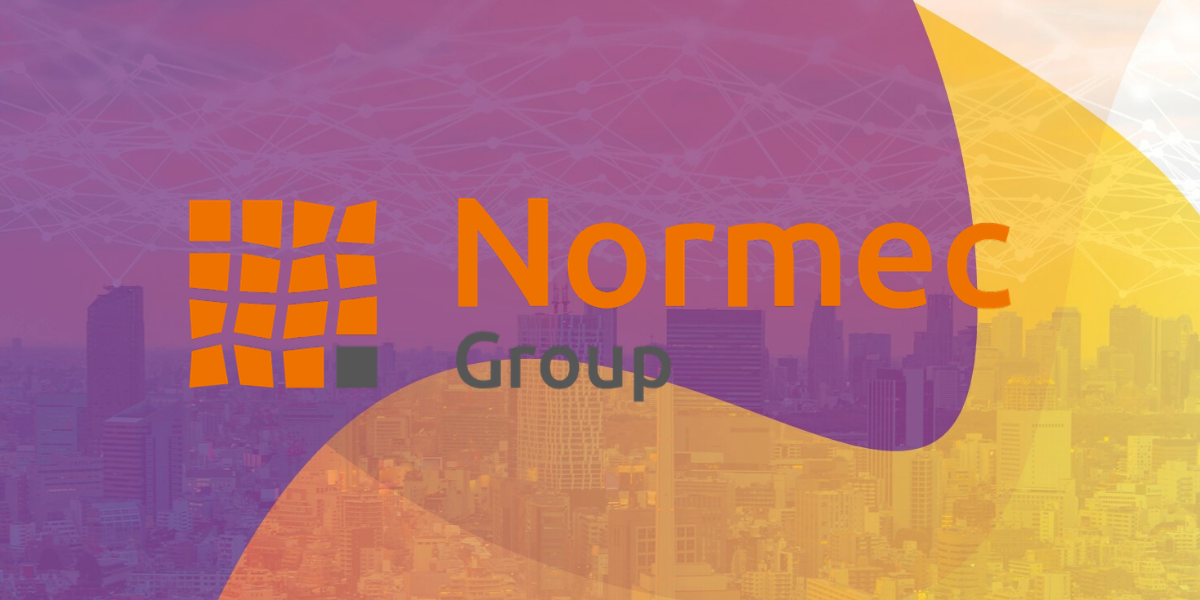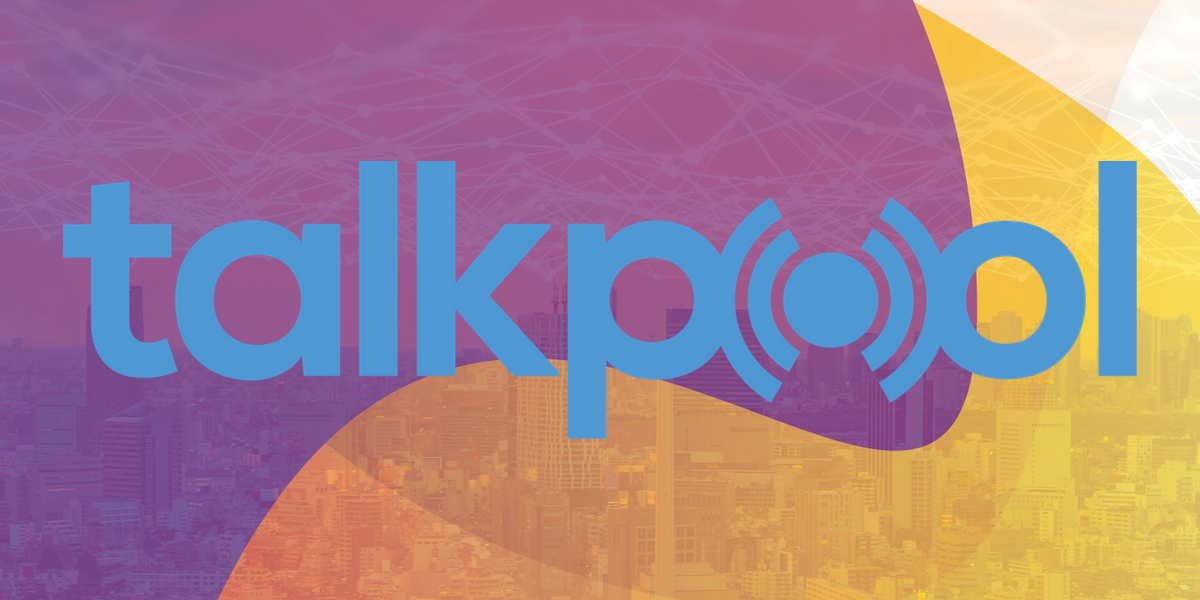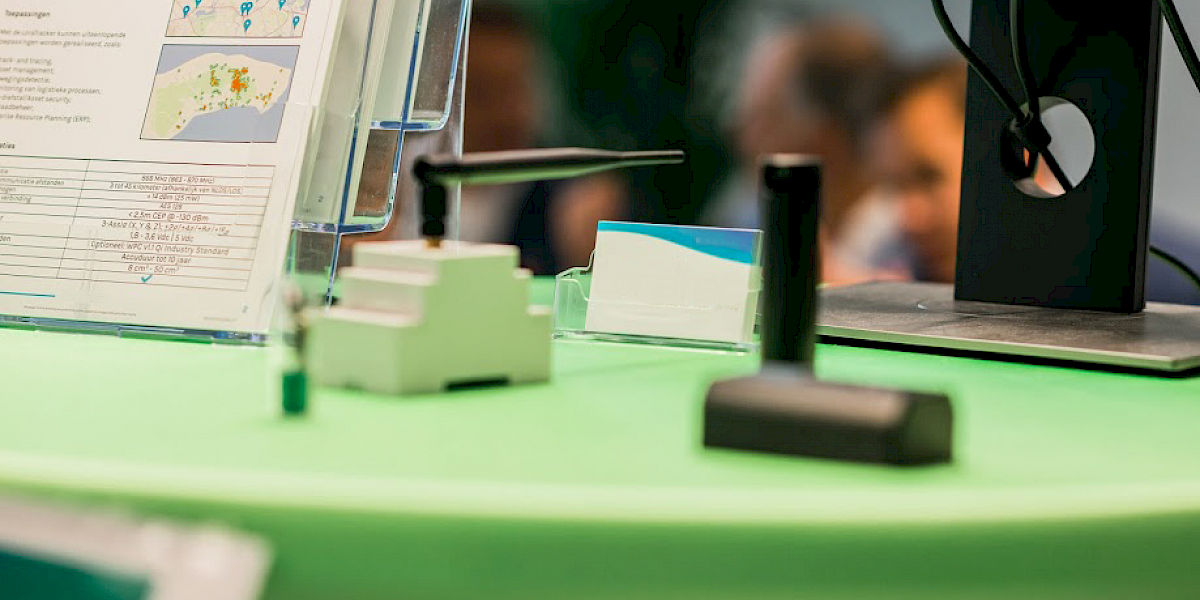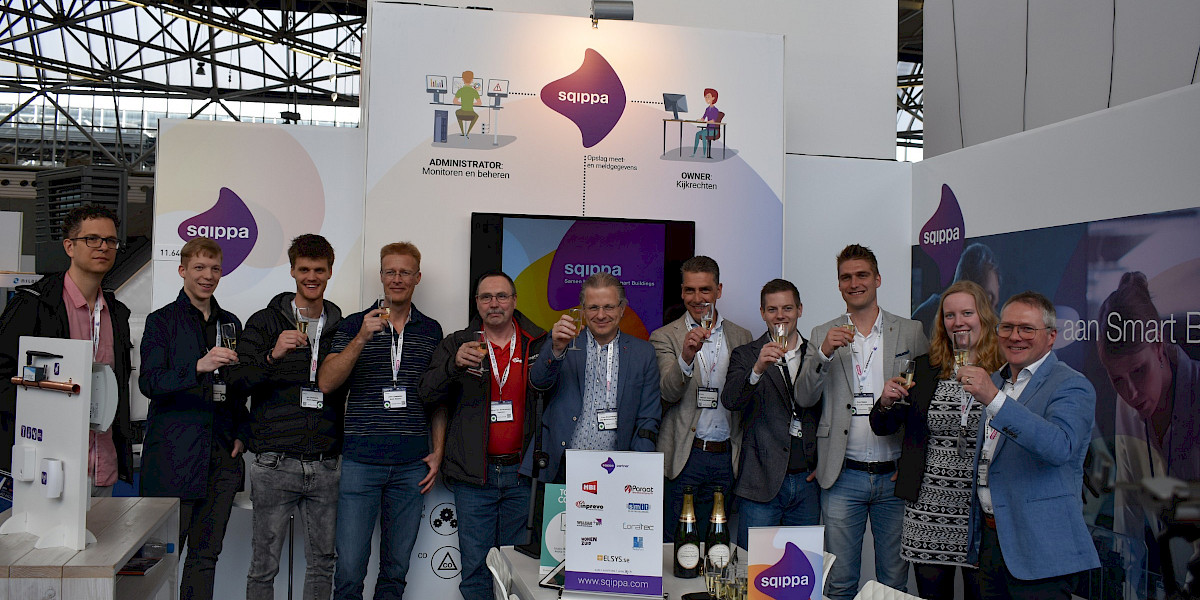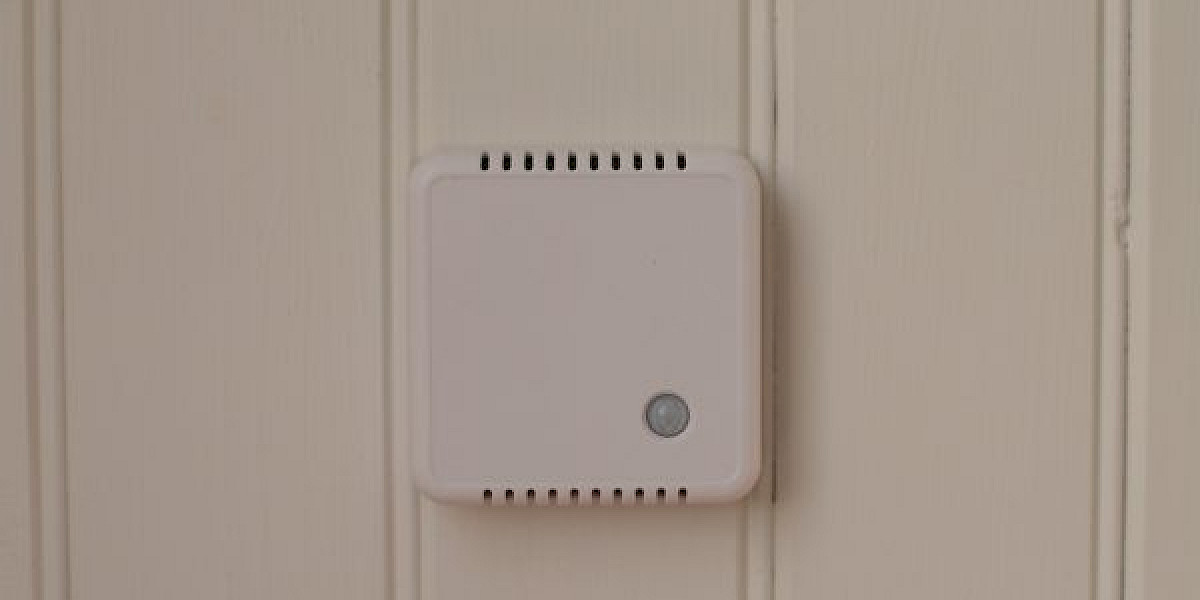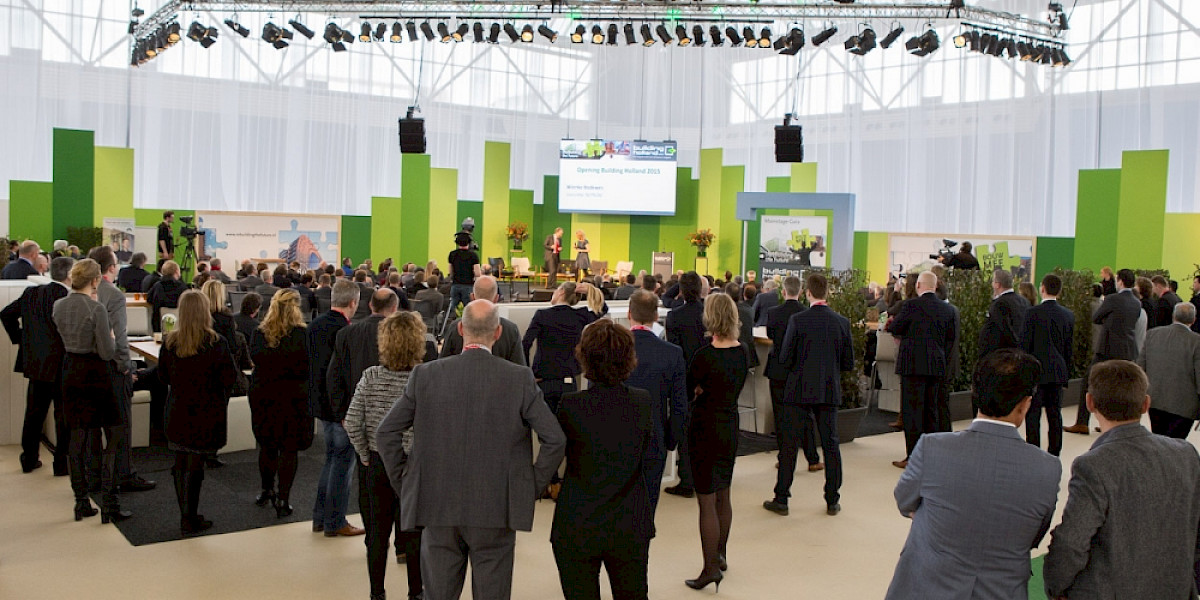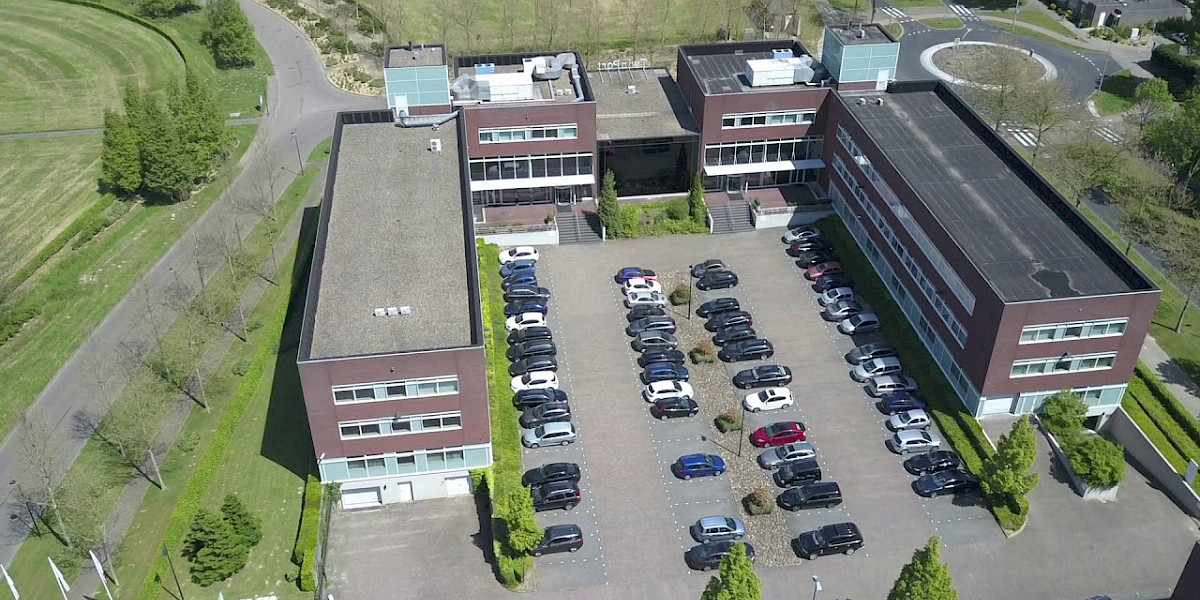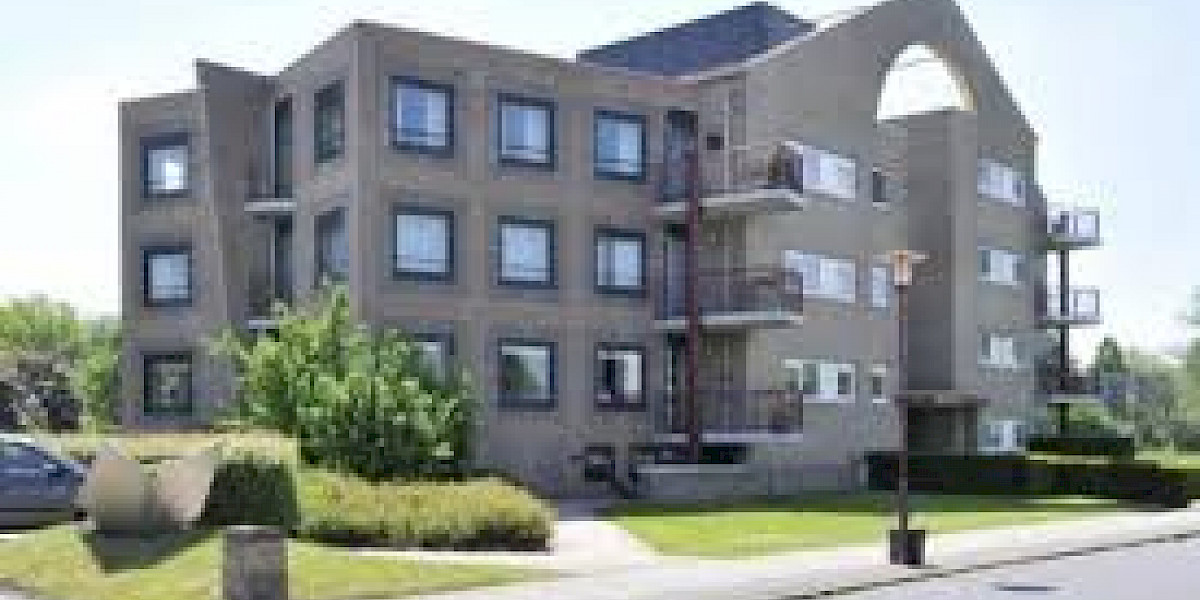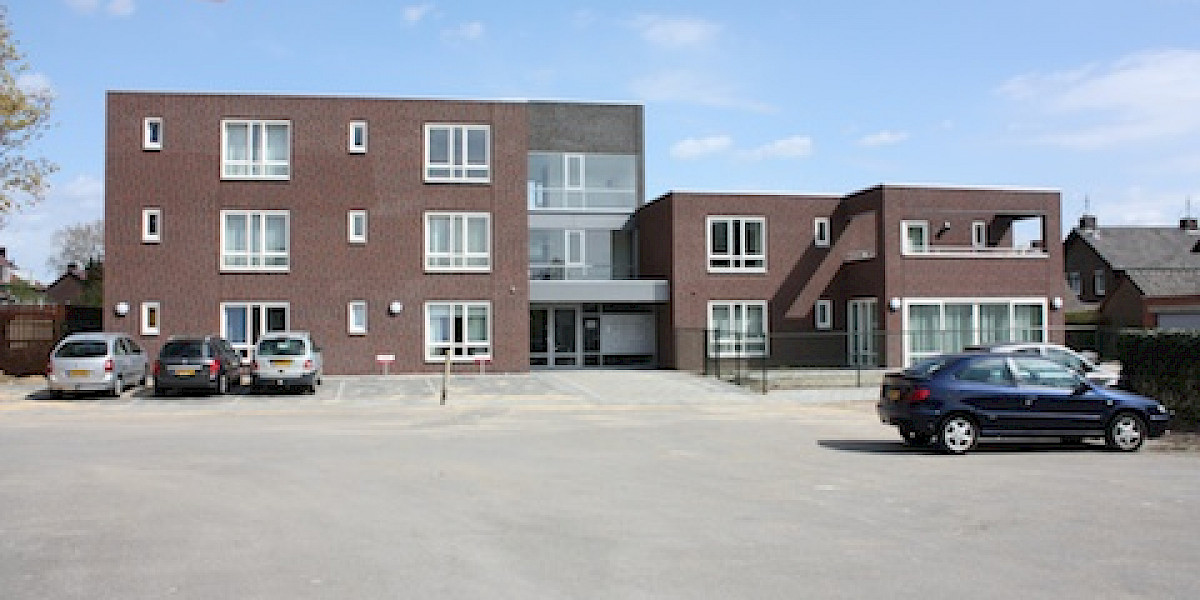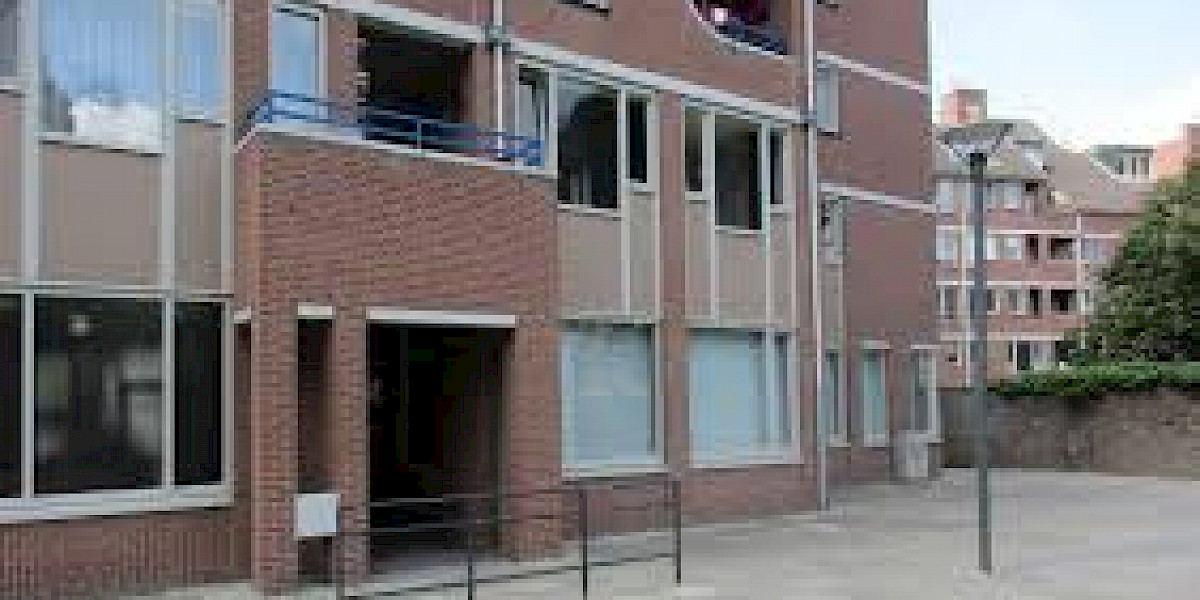Sqippa and Maastricht University make the most of data together
Sqippa delivers data, lots of data. Data about facilities in buildings, such as lighting, temperature and air quality. Data for smart building management. The data comes from sensors in the facilities. The IoT platform Sqippa collects that data.
Students from Maastricht University's Business Intelligence and Smart Services Master's programme will work with this data from Sqippa.
With the Smart Service Project 'Light as a Service' (LaaS), they will develop a business model for smart lighting services.

Students work on case study LaaS
Via smart sensors in lighting fixtures, the IoT platform Sqippa receives daily information about the lighting. This provides continuous insight into performance and enables smart management.
Led by Professor Rudolf Müller & Dr Roberto Cerina, the students investigate how the data collected by the IoT platform Sqippa can be optimally used. And how this can be used to create a feasible and sustainable business model for LaaS.
The students do this by making connections in the data. By data and analysis methods.
Size and versatility of data in Sqippa is unique
Dr Roberto Cerina and Professor Rudolf Müller, both attached to the School of Business and Economics at Maastricht University, are leading the research. Rudolf Müller is also lead researcher at the Brightlands Institute for Smart Society, located at the Brightlands Smart Service Campus. The professor is particularly enthusiastic about the research opportunities offered by Sqippa.
"Many applications of data science lack data. It is limited in numbers and it is collected in defined areas. Sqippa is different. Sqippa provides a lot of data on a lot of facilities."
Sqippa and the data it collects are valuable for research for several reasons.
Sqippa works with the global LoRaWAN standard. This makes a large network feasible.
It is an open platform where all kinds of facilities fit in. This creates an overall picture of a building.
It already collects data over a longer period, making the functioning of facilities visible in the longer term.
It collects data from different sources which increases reliability.
The professor therefore has high expectations from the study. The data coming from Sqippa can certainly lead to even more valuable solutions and applications. And a viable business model for LaaS.
Smart services for lighting LaaS
With LaaS, the lighting manufacturer retains ownership of the luminaires. Together with the local installer, the manufacturer maintains the lighting and is responsible for providing good and safe lighting. The building owner pays a service fee and has nothing else to worry about.
Fons Bisscheroux is director of lighting manufacturer HBI Bisscheroux B.V. and initiator of the IoT platform Sqippa. HBI provides smart lighting solutions for public spaces. Their luminaires are equipped with sensors that send data to Sqippa. Making even better use of this data is the next step in smart building management.
Light as a Service will soon be an integral part of a sustainable and circular society. It will lead to energy savings, cost savings, better use of materials and a safer environment.

